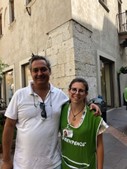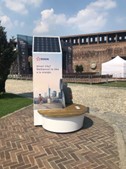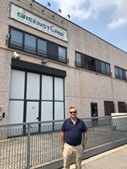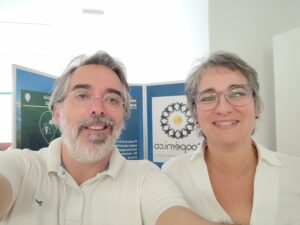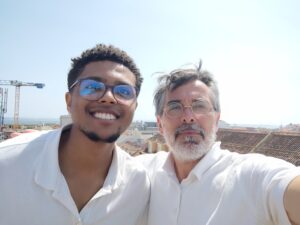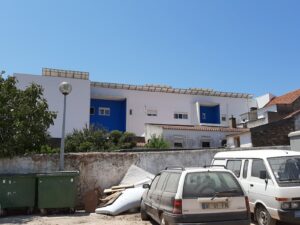SECONDED STAFF
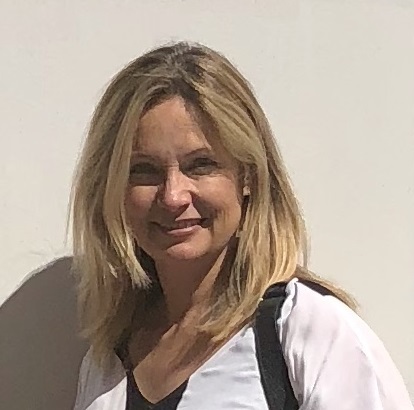
FROM SEPTEMBER 2018 TO NOVEMBER 2018
Work Package 2
Read more...
Learning about the social dimension of renewable energies.
My host was the University of Seville, Department of Human Geography, and I stayed there from the 23rd of September to the 5th of October 2018, as a first split of my secondment. I was excited to be the first seconded staff member in the project and to kick-off this type of activity. I am used to traveling, but not in this University context.
Me and my hosts discussed WP2 and the work to be tackled. María José Prados was very welcoming to my ideas on what to work on, so I kicked-off WP2 -Sustainable Implementation: Policies and Practices with a proposal for a questionnaire to be applied on the field. This was later replaced by a final Follow-Up Questionnaire to be used during other secondments, but it was a good introduction to WP2. I was also busy contributing to the website of PEARLS which was not published at that time; made suggestions as to the graphical aspects and contents to be included. On the social aspects of the energy systems, the core focus of PEARLS, I had the opportunity to discuss with the USE team their approach to field work and also did a comprehensive literature review on the subject.
During my stay I had the opportunity the Energy Agency of Andalusia and present the PEARLS project to their team. I also discussed with the hosting team other stakeholders to be engaged in the project.
Since there was still no methodological guidelines for WP2 -these were produced later by the coordinator- my secondment was split so further work will be developed in the near future along with the completeness of the secondments according to the proposed methodology.
Looking forward to going back to Seville!
Natalie Samovich

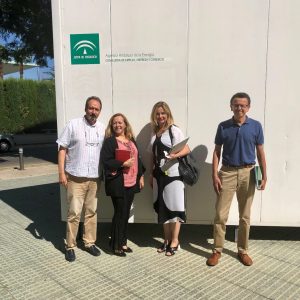
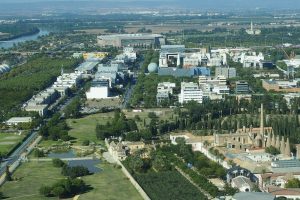
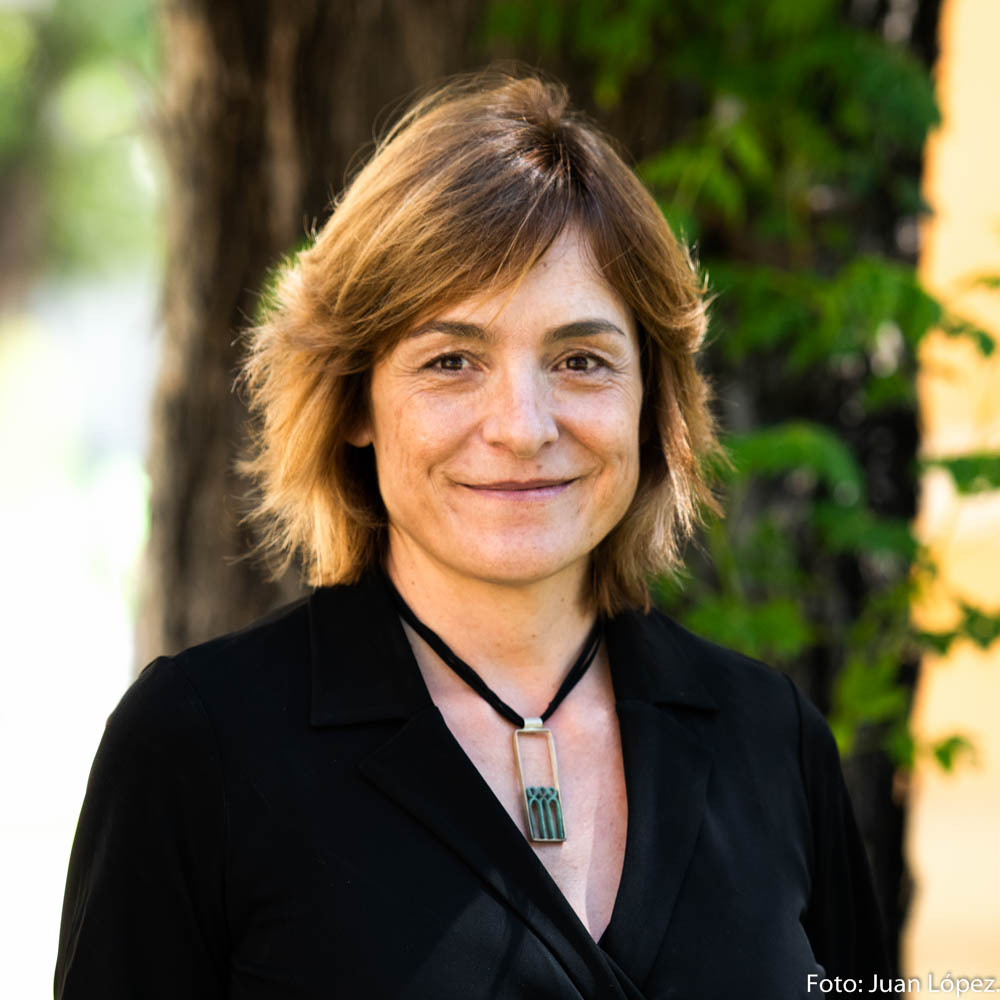
FROM APRIL 2019 TO JULY 2019
Work Package 2
María José Prados
|
USE (SP) ->SP INTERFACE (ISR); USE (SP) -> COOPERNICO (PT); FROM JANUARY 2022 TO MAY 2022 USE (SP) ->CONSORTIS (GR);FROM JUNE 2022 TO JULY 2022 USE (SP) ->HABITECH (IT);FROM NOVEMBER 2022 TO JUNE 2023 USE (SP) ->E4G (IT);FROM JULY 2023 TO NOVEMBER 2023
|
Read more...
Cultural approach to RET system in Israel
The first part of my secondment in Israel was in spring 2019. Eleven days of intense work during the lead-up to the April 9th general elections. During this time I had the chance to work with SP Interface’s Daniel Madar and Hagitt Hulanovsky. SP Interface is a spinoff of MIMSHAK, an Israel Society of Ecology and Environmental Sciences program to link science and the environment. SP Interface works in partnership with the Weitzman Institute of Science in Rehovot. WIS is a private institution set up in the 1930s that stands out for its postgraduate studies and research in the fields of the Natural, Health and Exact Sciences. The second part of my secondment was in July. There were then new activities as a lecture in Tel Aviv to MIMSHAK postdoc program fellows and another one in Jerusalem, in presence of the Chief Scientist of Environmental Protection Ministry. As a result of these meetings with technical staff and postgraduate students, I have achieved a broad overview with an exchange of different points of view.
Together with colleagues from these centres, the Beer Sheva and Tel Aviv Universities and the Hebrew University of Jerusalem, I had the opportunity to discover more about the current state of RE implementation in Israel and interest in the area of research. Perhaps one of the most important aspects of my secondment has been the fieldwork periods, during which we visited different renewable energy plants throughout the country. The purpose was to appreciate its landscape implementation, the legal existent regulation there and how much the population is implied. There is no doubt that the thermo solar and photovoltaic plants at Ashalim and Ma’ale Gilboa Renewable Energy Wind Farm were the most useful examples for WP2.
Without any doubt, my impression during the secondment was that there is a need to address the disparity between resource availability and current thermo solar and photovoltaic energy implementations as Israel is at a level of development that is far from optimal. The lack of stable regulations on renewable energies in the country’s legislation and the energy available in gas pockets in the Mediterranean Sea make this easier to understand. So, perhaps we should talk of RE technologies than RE landscapes.
María José Prados
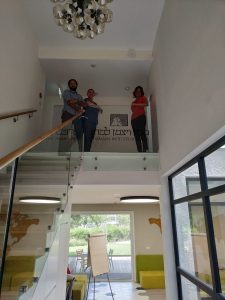
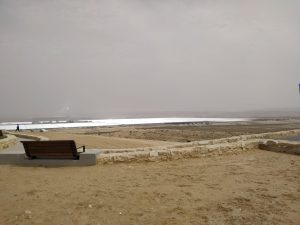

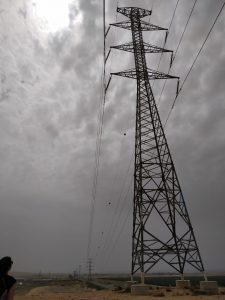
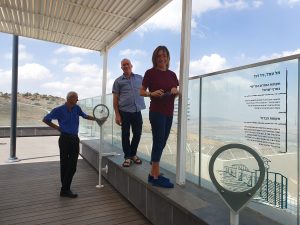

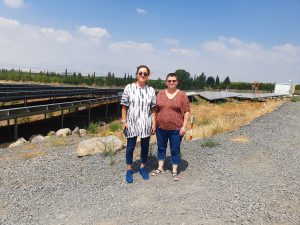
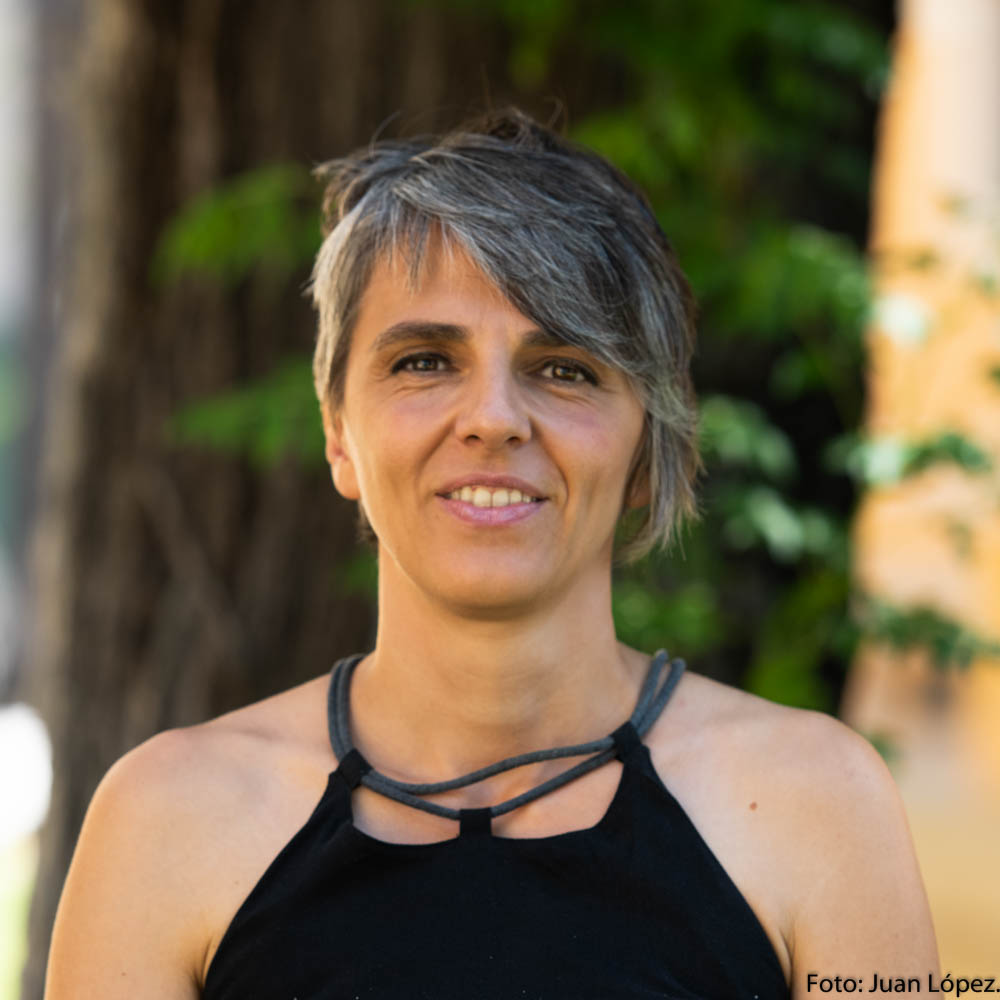
FROM JULY 2019 TO JULY 2021
Work Package 5
Michaela Ghislanzoni
Territoria (SP) -> ICSUL (PT)
Read more...
Getting to know energy communities in Portugal
My first stay at the Institute of Social Sciences of the University of Lisbon (ICS-UL) took place between 1 and 31 July. The ICS-UL is dedicated to research and advanced training in social sciences, with special emphasis on the current Portuguese social reality.
During my stay I was able to get to know the Portuguese context in terms of energy communities, energy planning, landscape planning in this country and, in depth, two examples of energy communities, very different from each other.
The first one is located in Valverde (Évora), and was originated by a European project led by the large company “Energias de Portugal” (EDP) and called “Sensivel”. EDP has installed 25 new-generation photovoltaic installations in 25 homes or businesses, monitoring the performance of the technology and the consumption habits of users. We have conducted several interviews with citizens and the mayor of the parish, completing the work that had already been done interviewing the head of the project by EDP.
The second energy community is located in São Luís, parish of Odemira. In this case it has been the citizen association “Transição São Luís” which, through the participative budgets of the city council, has achieved the installation of photovoltaic panels in the public buildings of the parish. We interviewed a representative of the association and the facilities.
The visits and interviews were carried out jointly with Joana Sacouto (ICS-UL) and Ricardo Iglesias Pascual (Pablo de Olavide University, Seville), who was also making a secondments in Lisbon in my Work Package.
During this time I have been able to interact and learn from the researchers of ICS-UL, Ana Delicado, Roberto Falanga, Mónica Truninger and João Ferrão, and I have also been able to participate in the seminar “Cities on the make. Tactical urbanism, placemaking and Civic Hacking”, organized by ICS-UL and whose central theme has been innovation in citizen participation.

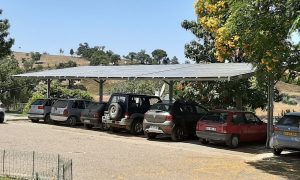

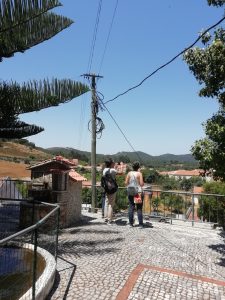
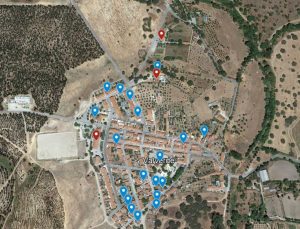
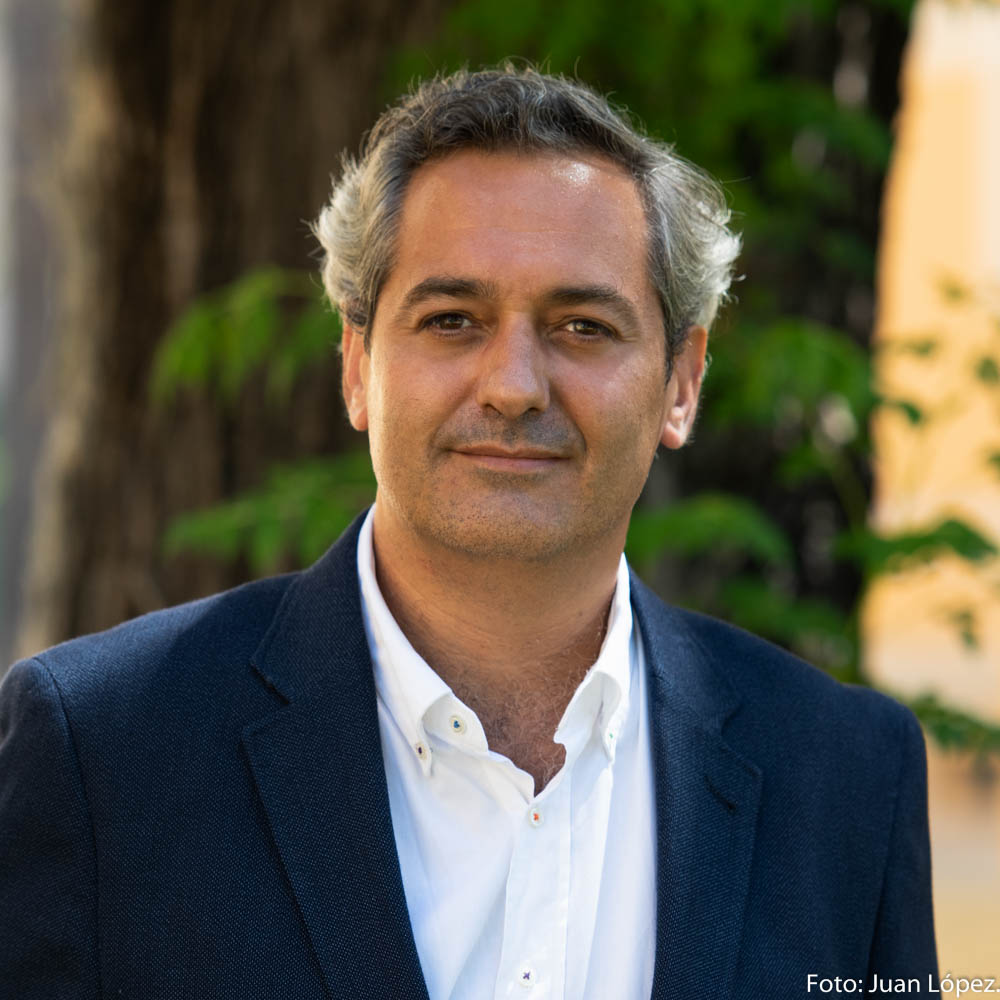
FROM JULY 2019 TO JULY 2019
Work Package 3
Carlos Rojo
CLANER (SP) -> UNITN (IT)
Read more...
The activity carried out is within the framework of WP3. During the visit to Italy, we made a tour and identification of different parts of the country to meet with main entities in the promotion and development of renewable energies, together with Rossano Albatici, Ph.D. Professor of Building Construction University of Trento we made a main list of entities to visit prior to my visit and there we closed the agenda to visit them and were the following:
- UNITN
- GREEN STORM
- TRL GROP
- TIN
- ELETTRORIZZI
- GREENPEACE
Each one of them provided us with relevant information on the current and future situation of the implementation of renewable energies in the country and their opinion regarding the improvements that can be made to promote their implementation at a public and private level.
The activities implemented in this Secondment contribute to the improvement of the quality of the proposed Sustainable Spatial Energy Plan for Israel.
The activities carried out such as the identification of key actors, the creation of a questionnaire and a shared methodology between the WP3 and WP2 have allowed the improvement of the results obtained as well as the exchange of information and experiences between the Spanish and Portuguese partners. Allowing to share their knowledge and expanding them on the situation of renewable energies in the country as well as the perception of the citizens about them.
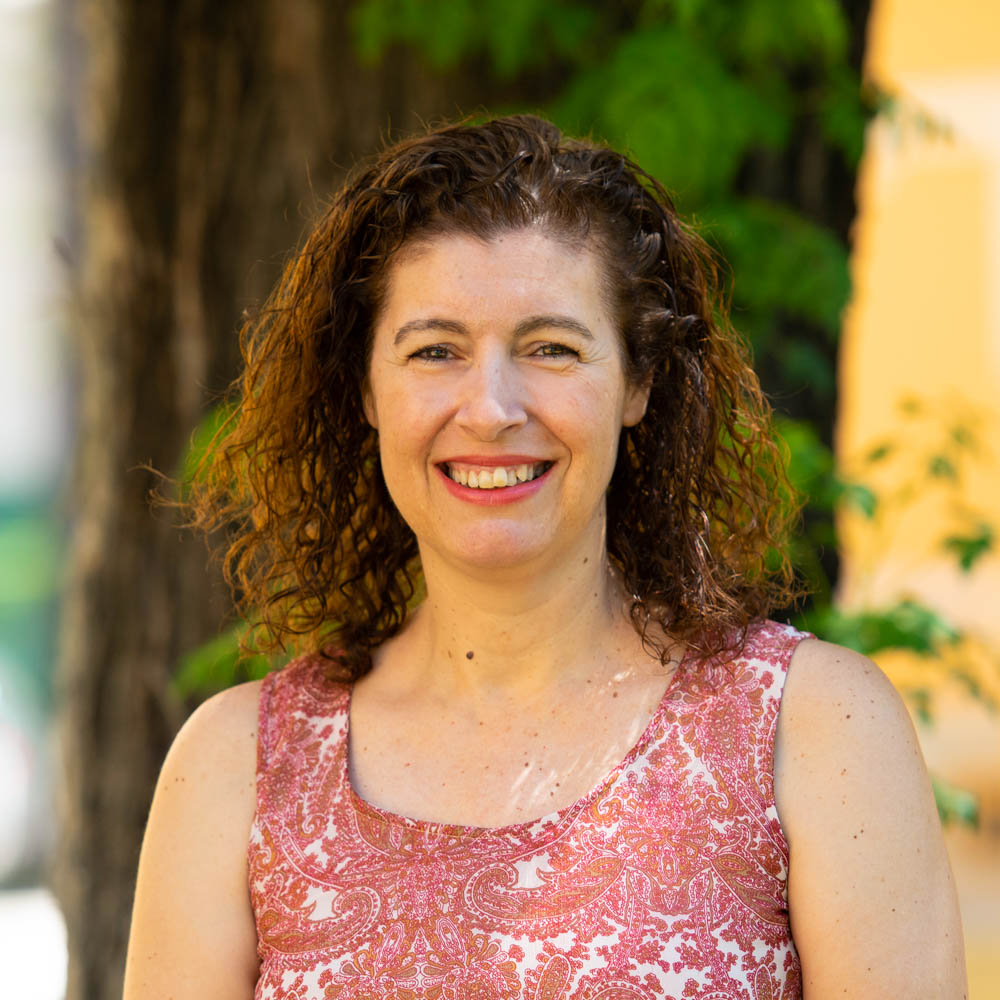
Work Package 4
Ángeles Barral
UHU (SP) -> GSH (GR); FROM JULY 2019 TO JULY 2019
UHU (SP) -> CONSORTIS GEO (GR); JULY 2022
UHU (SP) -> GSH (GR); FROM JUNE 2023 TO JULY 2023
Read more...
Development of a Methodology for Evaluation of Wind Farms
My first commission within PEARLS Project was developed throughout July 2019 at Geosystem Hellas A.E. in Athens (Greece). During this period I collaborated with its CEO and President, Betty Charalampopoulou, and also Christos Kontopoulos.
The work carried out during this month may perhaps be divided into two stages.
An initial stage in which I address the study of wind farms in the Isle of Paros (Greece), as one of the case studies of PEARLS. By using Geographic Information Systems as Qgis 3.4.9 and ArcGIS 10.5.1, both as ArcMap and ArcScene much of the information required for the project is collected, such as aerial orthophotos, digital elevation models and road networks. I have also created new layers of vector information on the edge of the main urban centres of the island, as well as locating the most touristic beaches. I have made progress in applying the procedures and tools made available to researchers by the aforementioned software, in order to delimit the visible areas from the most touristic areas of the island of Paros, as are the two most important urban centres and beaches that have a more natural environment. We have also delimited the areas from which the wind turbines currently active on the island are visible.
A second stage focuses on the analysis of the different methodologies applied in the bibliography reviewed in document entitled Best current practices, which corresponds to June 2019 report within the Work Package 4. The objective is to set the methodology to be followed in the case studies addressed in the different participating countries into PEARLS. The methodology is based on giving positive or negative weight to the different variables involved in the impact assessment (noise, visibility, vegetation, proximity to roads or power plants, wind intensity, etc) and will depend a lot on each case study and will also vary depending on the legislation in force in each country. The publications value the consideration of various local experts and users in granting such positive or negative weights, so one of the proposals will be to develop a questionnaire in which experts and local users will be asked to consider the installation of new renewable energy plants (both wind and solar). The characteristics of the installations in each country may result in different weights of the elements, since some will show more concern not to deteriorate the tourist attraction (therefore visibility will be important) and others for not affecting forest areas, or agricultural areas. In the last days of the stay, progress is made in the design of the questions that are going to form part of the questionnaire.
María Ángeles Barral
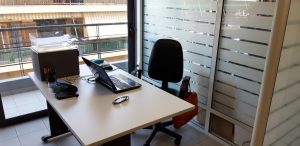
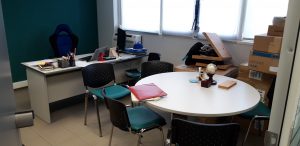
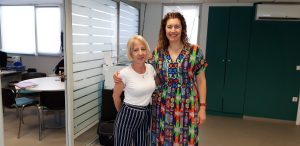
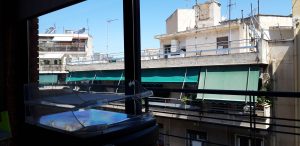
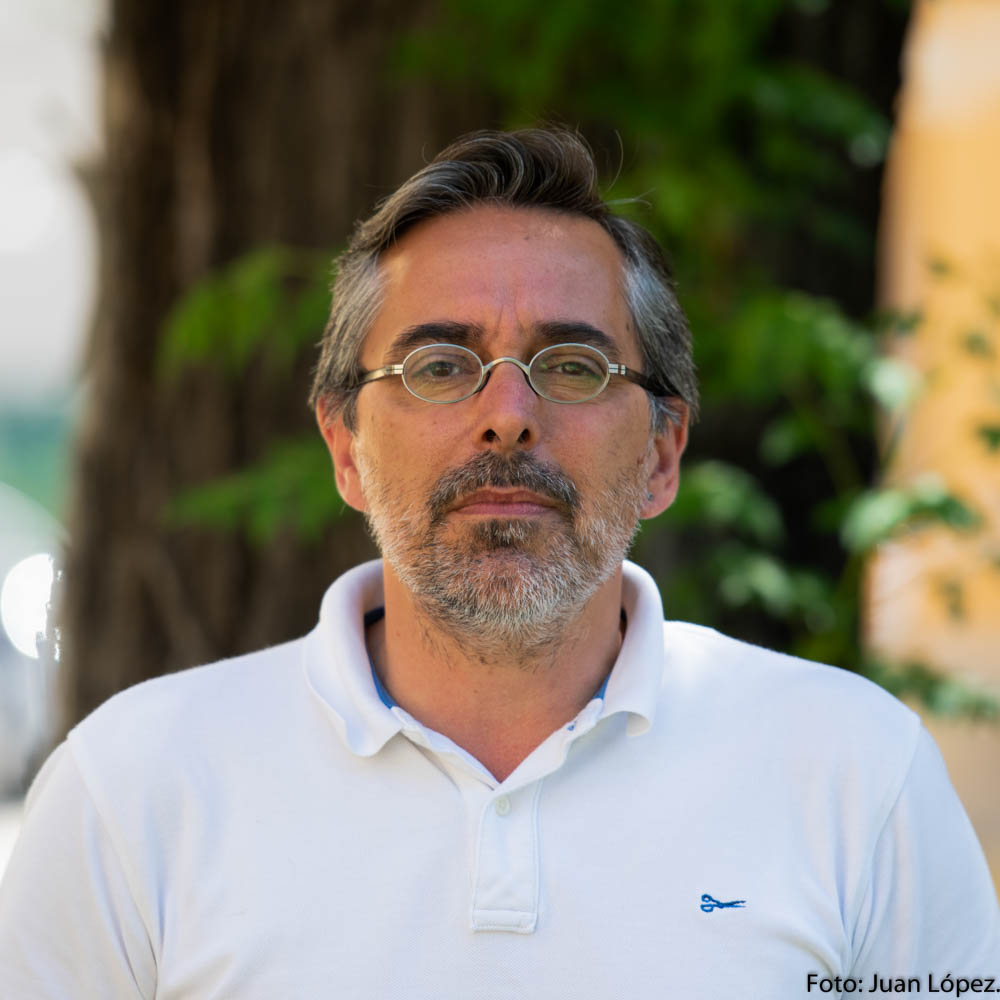
FROM JULY 2019
Work Package 5
Ricardo Iglesias
UPO (SP) -> ENERCOUTIM (PT)
Read more...
Understanding the Portuguese experience in the development of energy communities
My stay in the Lisbon company Enercoutim took place between 1 and 31 July 2019. After some first contact sessions with the company, several activities were developed oriented to the knowledge of the Portuguese experiencies in the development of energy communities from the point of view of both companies and consumers.
Thus, through Enercoutim, the energy community project on the island of Culatra was analysed, especially focused on the role played in this project by Enercoutim.
Throught the collaboration with Enercoutim, the energy cooperative Coopernico was contacted. From this contact, interesting information was obtained about other projects such as COMPILE and PROSEUN working on the social impact of energy communities and the role of prosumer in the EU.
With the contact of Coopernico and the knowledge of COMPILE project, information about the energy community project which is being carried out in Alta Lisboa was obtained. In fact, the work to be carried out in the Secondment in Coopernico (July 2020) was planned as well. Along these lines, contact was made with the Spanish cooperative ENERCOOP which also belongs to the COMPILE project. In August 2019, the cooperative was visited, carrying out an interview and field work about its projects which could be contrasted next July 2020 with the project of Alta Lisboa Energy Community.
At the same time, questionnaires for interviews were prepared and subsequently applied in two case studies:
– Analysis of the EDP projects SENSIBLE in Valverde, Alentejo.
– Visit to the São Luis project with participation of Coopernico.
In both cases, intense fieldowrk was carried out together with Joana Sacouto (ICS-UL) and Michaela Ghislanzoni (Territoria, Spain), focusing on the different roles of social agents in the functioning of an energy community. This aspect allowed us to reflect the role that the initiative of social agents, multinational or local companies should have in the functioning of an energy community and wether the mere fact of using renewable energies in a population nucleus without the participation of its inhabitants can really be considered as an energy community.
All these aspects will be further developed in the next secondment in July 2020 through already planned visits to Valverde, São Luis and Alta Lisboa.
Ricardo Iglesias.
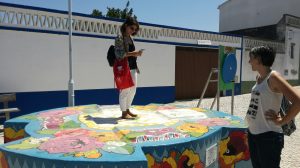
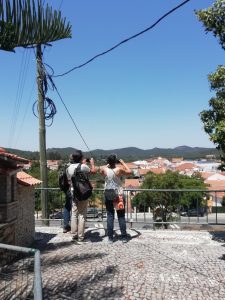

FROM AUGUST 2019
Work Package 5
Antonia Molina
CLANER (SP) -> ICSUL (PT)
Read more...
In August visited the country of Portugal, with the intention to know in depth his installations of renewable energies and behaviour of the population in this regard, for this interview to different key actors. With the University were seeing the different technologies in renewable energies in Portugal, the most stood out and abundant to difference with the rest of the technologies is the aeolian energy
The photovoltaic area is less developed although we can find us this type of technology in the roofs of houses and in the ones of public buildings as in the big central market of supplies of Lisbon.
Results:
The main results have been
– Questionnaire for interviews
– Identification of key actors
– Actors interviews
– Main benefits and difficulties of the development of renewable energies
The activities carried out such as the identification of key actors, the creation of a questionnaire and a shared methodology between the WP3 and WP2 have allowed the improvement of the results obtained as well as the exchange of information and experiences between the Spanish and Portuguese partners. Allowing to share their knowledge and expanding them on the situation of renewable energies in the country as well as the perception of the citizens about them.
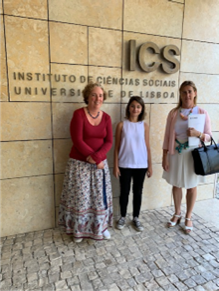
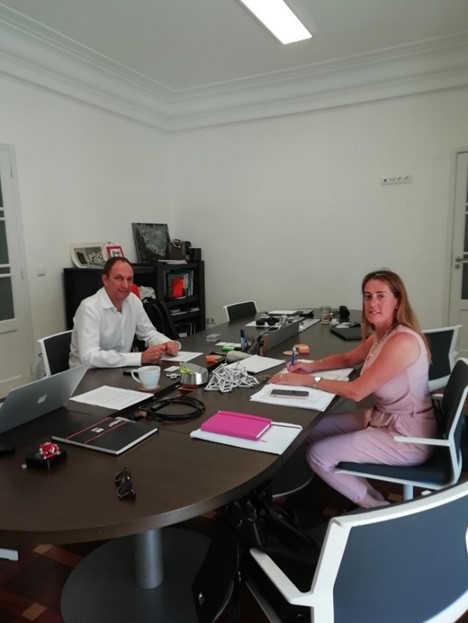
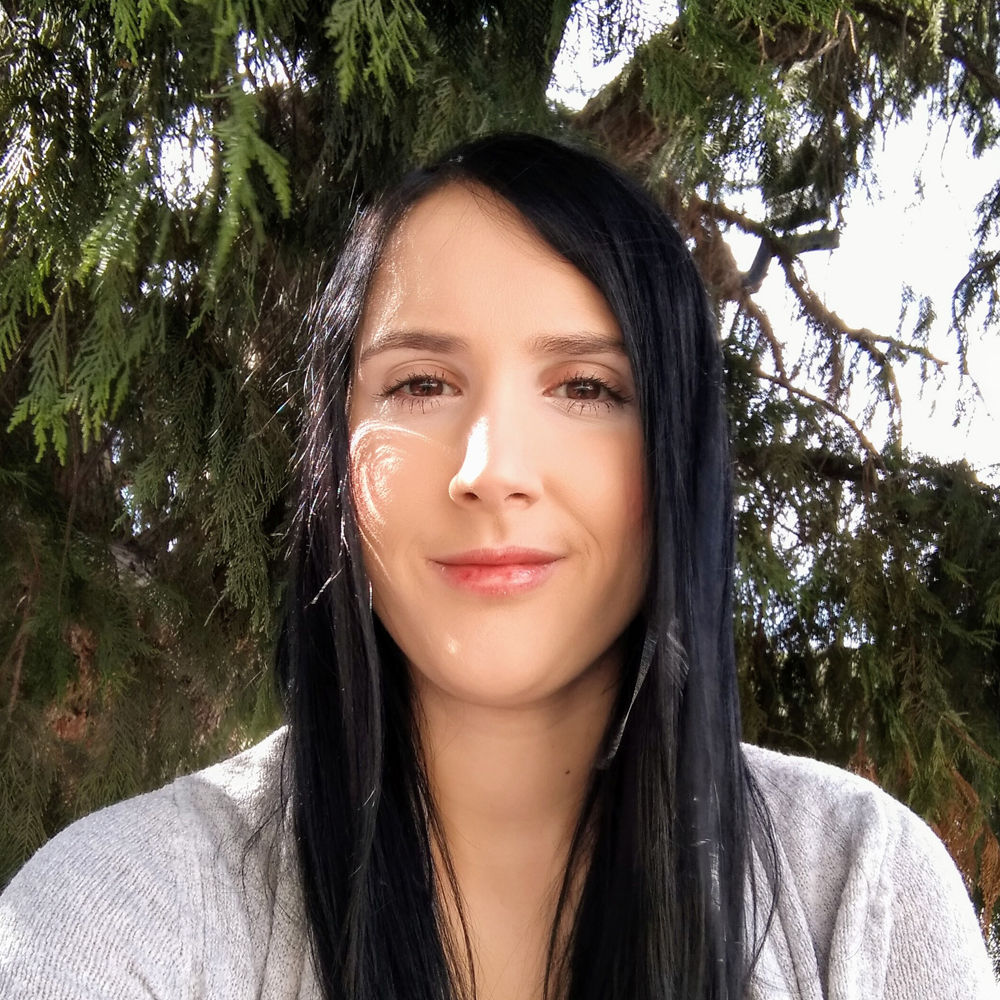
FROM SEPTEMBER 2019 TO MARCH 2020
Work Package 4
Sofia Spyridonidou
AUTh (GR) -> SP INTERFACE (ISR); FROM SEPTEMBER 2019 TO MARCH 2020
AUTH (GR) -> ENERCOUTIM (PT); FROM MAY 2022 TO JUNE 2022
Read more...
In September 2019 I started my secondment at SP Interface. A new innovative methodological framework was developed to improve site-selection processes of onshore wind and PV farms. Handy participatory tools were created and applied in order to incorporate public and local experts’ opinion in the sustainable energy planning processes. A variety of spatial data for Israel was appropriately digitized or collected on national scale. Considering all the above, the research activities and the work conducted during this secondment are directly related to the main objectives of the PEARLS Project, i.e. development of innovative frameworks for enhancing the spatial planning processes and social participation for REL. Additionally, the proposed methodology is quite versatile, as it could be applied for different spatial planning scales and geographic areas by considering each time the special characteristics, the climatic conditions and the policies of the area under investigation as well as the available digital spatial data.
The research activities that have been implemented successfully during this secondment are related to WP4 Tasks 2 (i.e. Advanced Methodologies in Sustainable Energy Planning) and 3 (i.e. Web-GIS platform: Application of the methodologies/modules to specific Case Studies via the Web-GIS platform) and can contribute to the successful completion of WP4. Finally, this secondment contributed to: (i) the exchange of knowledge among the participants, (ii) the acquisition of high knowledge of the local climatic conditions and the study area, facilitating, thus, the procedure for selecting the most appropriate sites for onshore wind and PV farms in Israel and (iii) the development of material and methods for assessing the appropriateness of the study area and of the proposed suitable sites from field investigations combined with GIS results and other useful software.
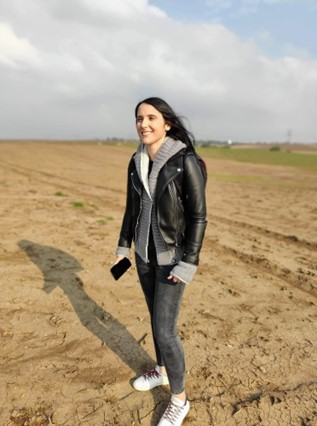
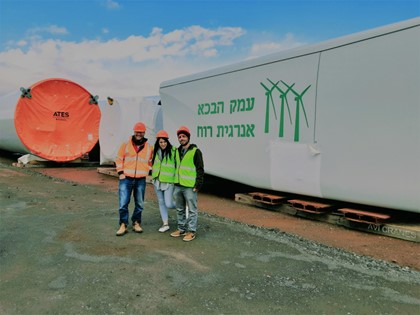
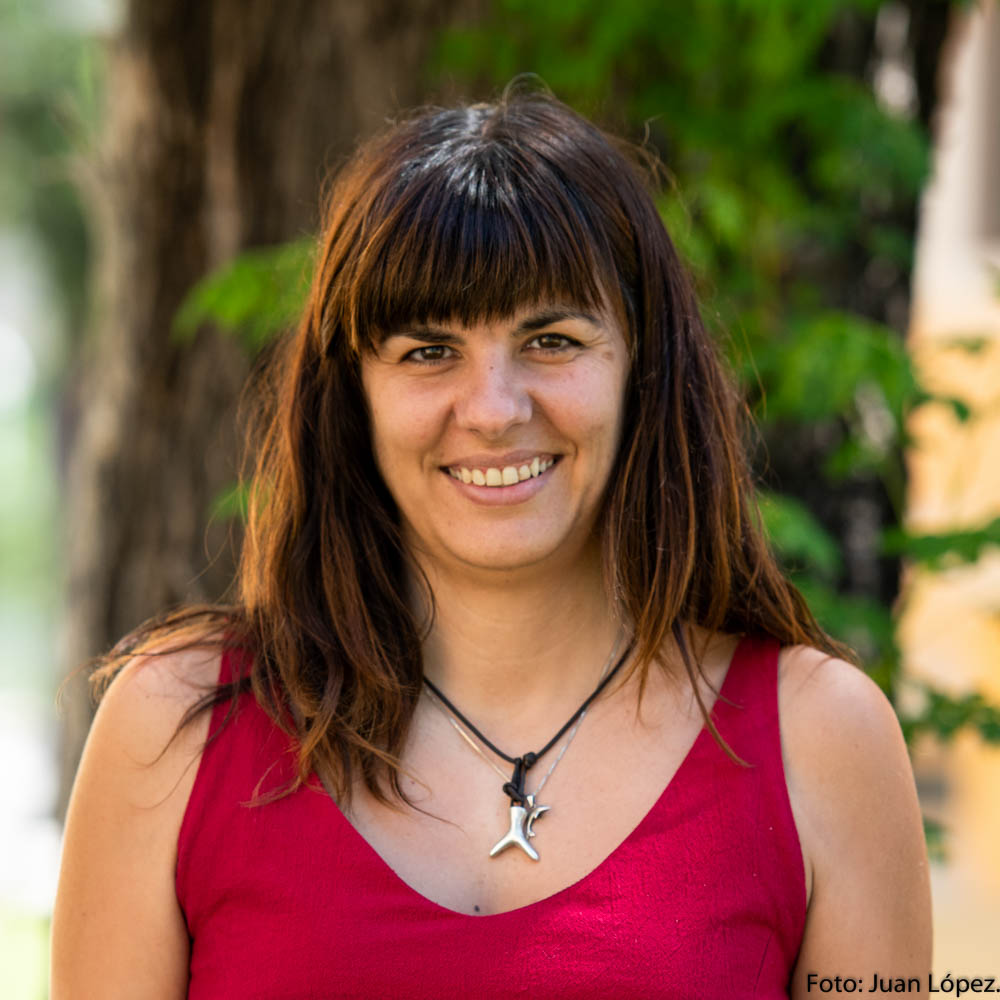
Carmen Romero
CLANER (SP) -> ICSUL (PT); FROM NOVEMBER 2019 TO DECEMBER 2019
CLANER (SP) -> UNITN (IT); FROM DECEMBER 2019 TO JANUARY 2020
Read more...
In first, during my stay I was able to familiarise with the Italian context in terms of Environmental legislation for the implementation of renewable energies at the private and municipal levels. As well as the use of them in rural accommodation areas and areas further away from the city and their link with landscape planning.
- Visit the entire mountain area and different rural accommodations as well as the outskirts of the city
- We had coordination meetings with the University of Trento to organize my second part of the stay and enhance the results of the first part.
In second, during my stay I have done the first step of the D3.2. Good Practice Report We carried out the work of defining common criteria for the identification of Good Practices in Italy as we had already done in Portugal and Spain, as well as a first approximation of the battery of indicators.
Results:
- Definition of Case Studies: Based on the characteristics (country of hosting organization, duration of secondments) of WP3 secondments.
- Definition of criteria for each Case Study.
- Creation of actors for each Case Study.
And finally, it has been a great help for my professional development to know the environmental legislation of Italy related to renewable energies.
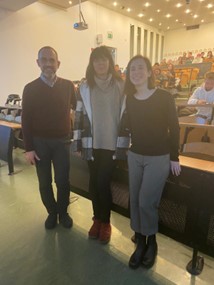
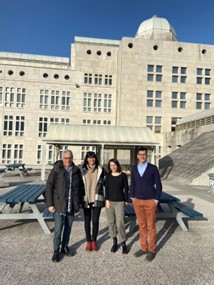
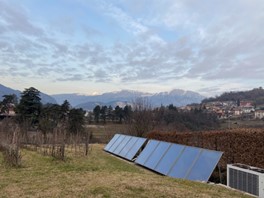
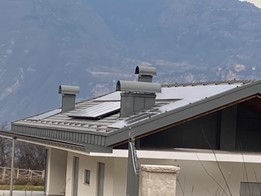
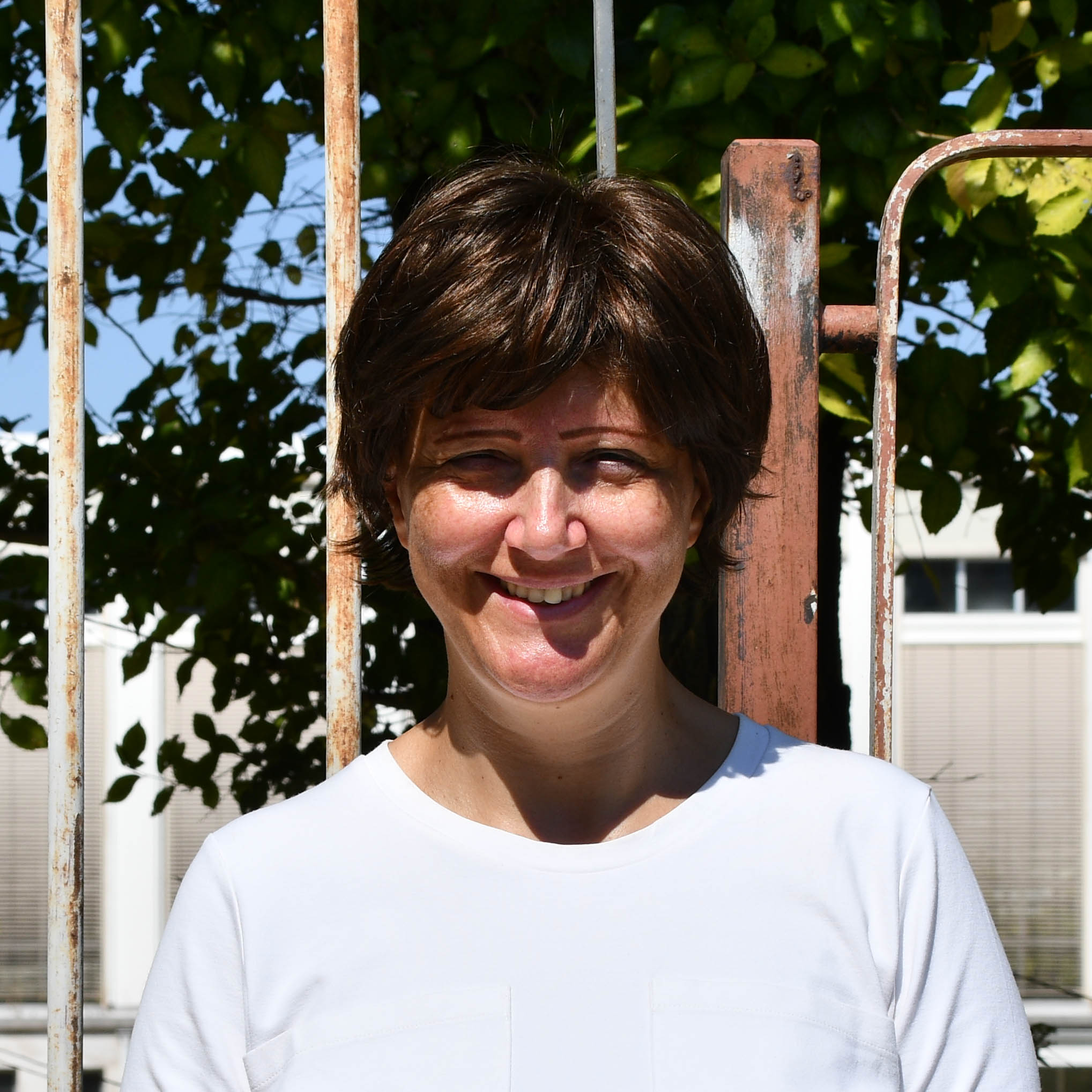
Work Package 5
Mónica Truninger
ICSUL (PT) -> TERRITORIA (SP); FROM JANUARY 2020 TO MARCH 2023
Read more...
During the secondments there were regular meetings with Michela Ghislanzoni (Territoria) to discuss the current initiatives in Spain on energy communities. Activities involved the identification of new energy communities, mapping, media and desk research, data compilation and analysis of the main features of these new energy communities.
The secondment was very useful to update previous information on energy communities and feed the comparative analysis between Portugal and Spain, to better deliver the WP’s objectives.
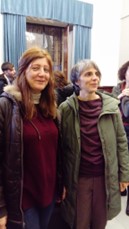

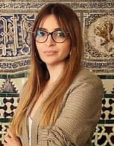
FROM FEBRUARY 2020 TO NOVEMBER 2022
Work Package 4
Sophia Fidani
GSH (GR) -> USE (SP)
Read more...
According to Task 4.1 Best Current Practices the necessary data format and sources were decided. Vector data depicting REL positions for all countries as well as the main road network and coastline were initially collected in a .shp format. Datasets for each specific case-study of each country will be treated separately in regard of each case study approach, methodology and needs.
Following the tasks 4.2 Advanced Methodologies in Sustainable Energy Planning and 4.3 Case Studies the architecture of the online geographic information system (web GIS) was defined and the platform is online – thus in a beta version with a fair amount of ready data still pending to be uploaded to the PEARLS database and eventually published.
Additionally, during Period 2 of the secondment, the paper entitled “Planning and engagement arenas for renewable energy landscapes, Paros island example” was co-written with USE colleagues, submitted to RSCY2020 committee and is currently under evaluation.
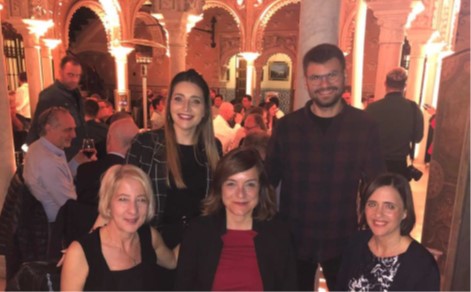
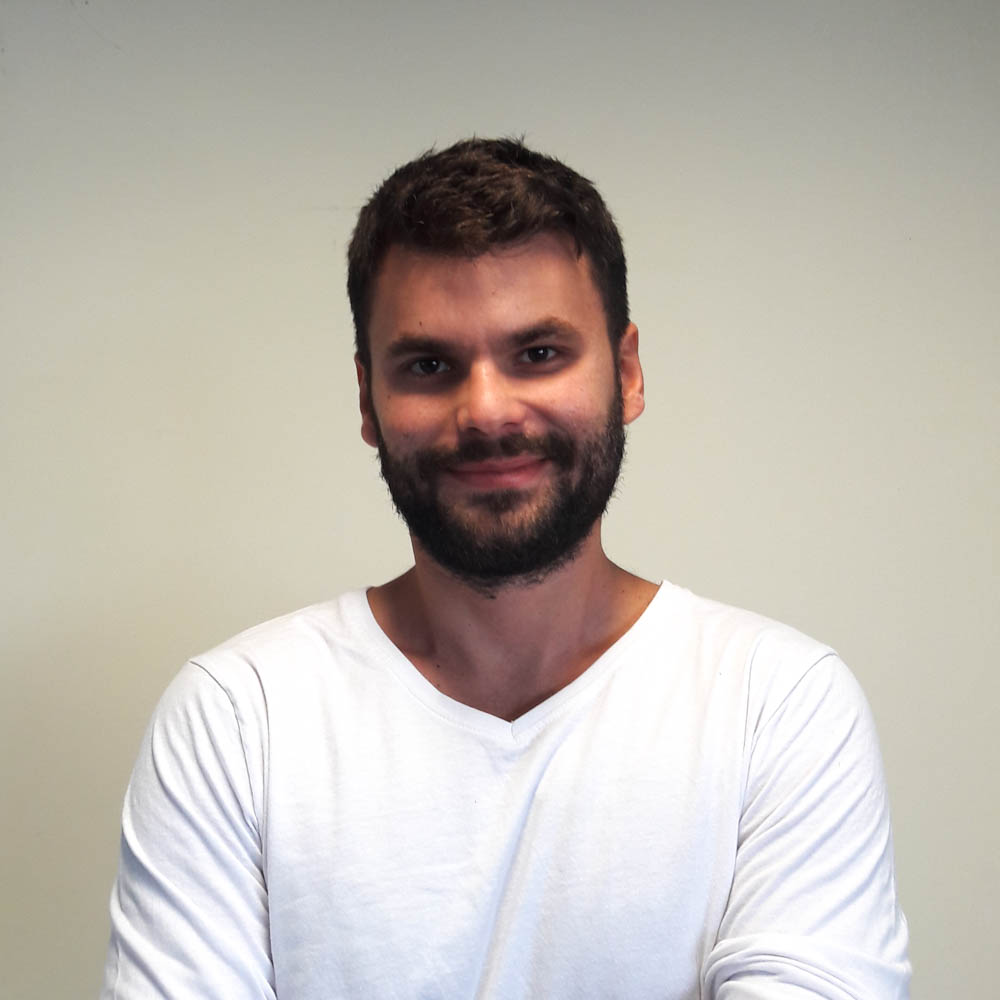
FROM FEBRUARY 2020 TO NOVEMBER 2022
Work Package 4
Christos Kontopoulos
GSH (GR) -> USE (SP)
Read more...
The activity carried out is within the framework of WP3. During this secondment period the following activities were discussed and implemented:
– Definition of type and format of data for the insertion to the webGIS platform
– Acquisition of all necessary geodata from open access archives and/or official national cadastral & planning organisations
– Definition of the web GIS platform design and layout
– Development of the web GIS portal
– Data Insertion to the web-GIS platform
– Participation with a paper submission to the RSCY2020 conference
Results:
– Vector and Raster dataset ready for the 5 countries – case studies
– Online web GIS portal ready to be configured and populated with the appropriate geodata
Evaluation of the Secondment accordingly to the Project’s repercussion:
According to Task 4.1 Best Current Practices the necessary data format and sources were decided. Vector data depicting REL positions for all countries as well as the main road network and coastline were initially collected in a .shp format. Datasets for each specific case-study of each country will be treated separately in regard of each case study approach, methodology and needs.
Following the tasks 4.2 Advanced Methodologies in Sustainable Energy Planning and 4.3 Case Studies the architecture of the online geographic information system (web GIS) was defined and the platform is online – thus in a beta version with a fair amount of ready data still pending to be uploaded to the PEARLS database and eventually published.

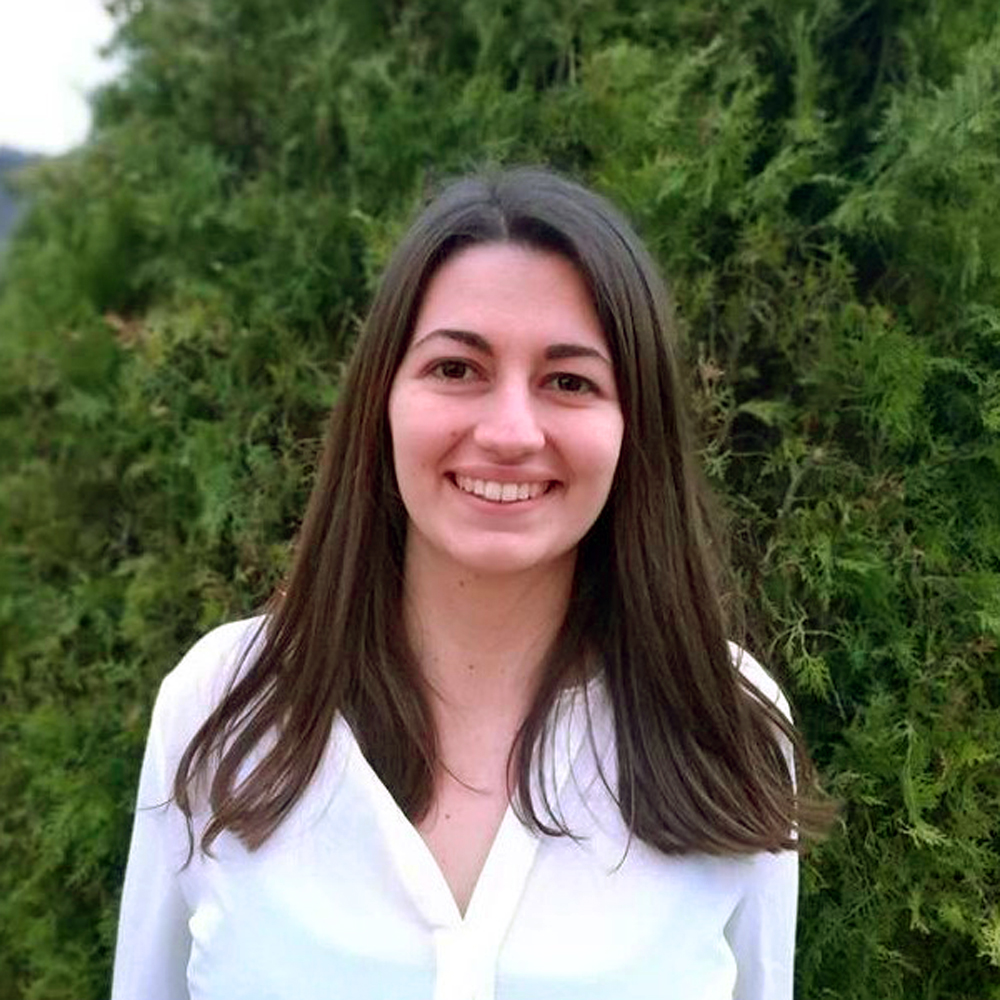
Work Package 4
Georgia Sismani
AUTh (GR) -> SP INTERFACE (ISR); FROM FEBRUARY 2020 TO MARCH 2020
Read more...
The activity carried out is within the framework of WP4. This secondment contributes to the creation of a Sustainable Spatial Energy Plan for Israel at National Spatial Planning Scale, related to the installation of new Renewable Energy (RE) projects (onshore wind turbines and PV technologies) in the country. The main objective of this secondment was to conduct field investigation of the sites with the highest suitability for RE projects, as resulted from the developed site selection model, as well as to compare the field data to the model’s results for its validation and improvement.
The main results obtained through this secondment are summarized as follows:
- Contribution to the development of a Sustainable Spatial Energy Plan for Israel.
- Collection of field data for all the required field investigation metrics.
- Correlation of field results with the GIS results.
- Analysis of the highly suitable sites for onshore wind farm and PV farm development in Israel.
- Selection of the final highly suitable sites for siting the examined RE technologies.
- Communication and discussion of the results related to the secondment with local stakeholders.
- Establishment of collaboration between the research groups of AUTH and SP Interface.
- Contribution to a future joint publication of the results related to the secondment.
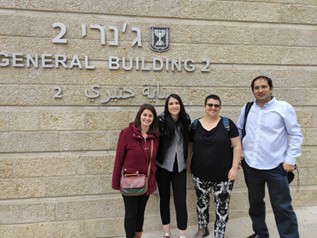
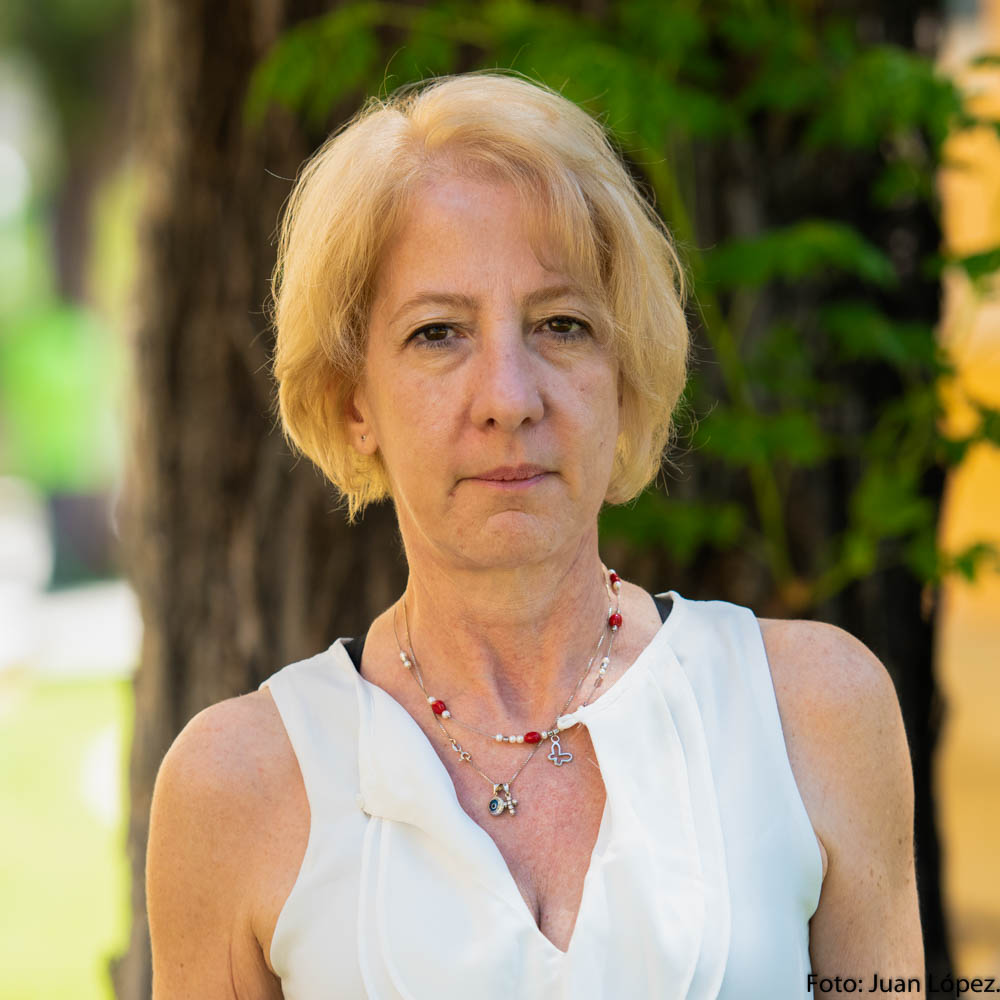
Work Package 3
Vasiliki Charalampopoulou
GSH (GR) -> USE (SP); FROM FEBRUARY 2020 TO DECEMBER 2023
Read more...
Period 1: Meeting with USE for the facilitation of the upcoming steps and secondments of PEARLS
Further collaboration upon the Greek case study Paros related with the task 4.2 Analysis of the indicators (IA) to establish the level of engagement with and existing barriers to renewable energies and energy efficiency of different focus groups
Period 2: During the 2nd period the member attended the Research Seminar at the University of Sevilla (under WP2 task 2.3), and also participated in the fieldwork to the thermo-solar plants Valle 1 & 2 San José del Valle in Cádiz.
Period 3: With the case study data effectively uploaded, the platform becomes a valuable resource for the assessment and identification of potential societal aspects. The comprehensive geospatial information allows for in-depth analysis of energy behavior patterns across different regions, shedding light on the dynamics of consumer engagement with renewable energies and energy efficiency. Moreover, the platform served as a catalyst for exploring new opportunities, not only within the MSCA framework but also for potential collaborations and continuations of PEARLS activities: the wealth of data gathered through the platform positions PEARLS at the forefront of research and innovation, by providing a valuable resource for decision-makers, public authorities and energy producers, thus offering a solid foundation for researching further initiatives and partnerships that contribute to the sustainable advancement of renewable energy practices and societal well-being.
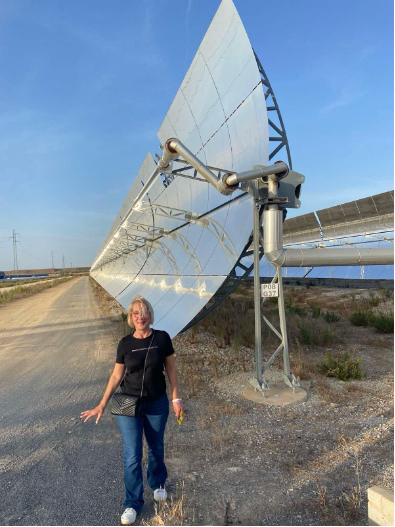
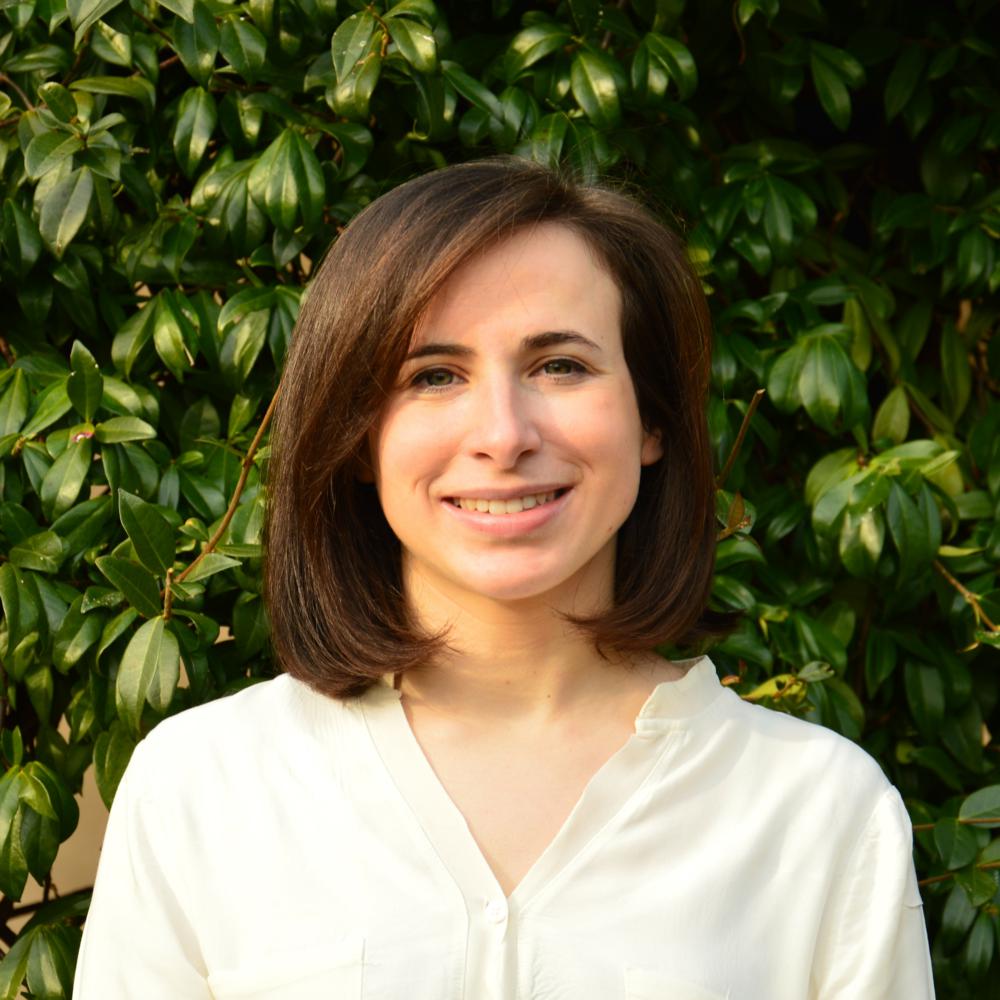
Work Package 4
Anna Codemo
UNITN (IT) -> TERRITORIA (SP); FROM SEPTEMBER 2021 TO NOVEMBER 2021
UNITN (IT) -> CLANER (SP); FROM NOVEMBER 2021 TO MARCH 2022
UNITN (IT) -> CONSORTIS GEO (GR); FROM SEPTEMBER 2022 TO NOVEMBER 2022
Read more...
My secondment at Territoria was implemented between September and November 2021 (2 months). The aim of the secondment was to define suitable locations for photovoltaic installations. During the first part of the secondment, we selected the case study, considering that we wanted to experiment a methodology to define suitable locations for photovoltaic installations at the local level in an urban and rural environment. Our selected case study was Arcos de la Frontera, a small city of 30.741 inhabitants in Andalusia. It is characterized by a peculiar topography: the historic centre and the urban area are located on a sandstone hill, while the peri urban and agricultural areas lay in the surrounding flat areas, along the Guadalete river and the reservoir.
In the second phase, we collected geographic data and generated new one when it was not available, in order to produce thematic maps for suitable locations. For this purpose, we considered environmental, biodiversity, cultural and technical criteria. In this period, thanks to the discussions with Michela Ghislanzoni from Territoria and to the literature studies, we tried to understand how to consider the concept of “landscape” in the workflow for suitable locations in local energy planning.
With the results of the secondment, we proposed a methodology taking in account qualitative and quantitative information for site suitability and dividing the Municipality area into different suitability zones. Each level of suitability was linked with specific landscape integration requirements.
Together with Michela Ghislanzoni, I had the opportunity to discover more about the current state of implementation of renewable energy sources (in particular solar power) and its relationship with the context. My impression during the secondment was that there is a lack of local planning tools and regulations taking into account landscape in energy planning, for example by limiting the dimensions of the solar power plants or soil consumption.
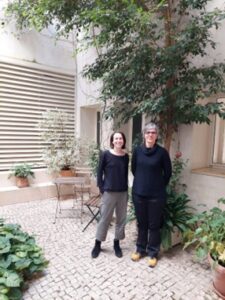
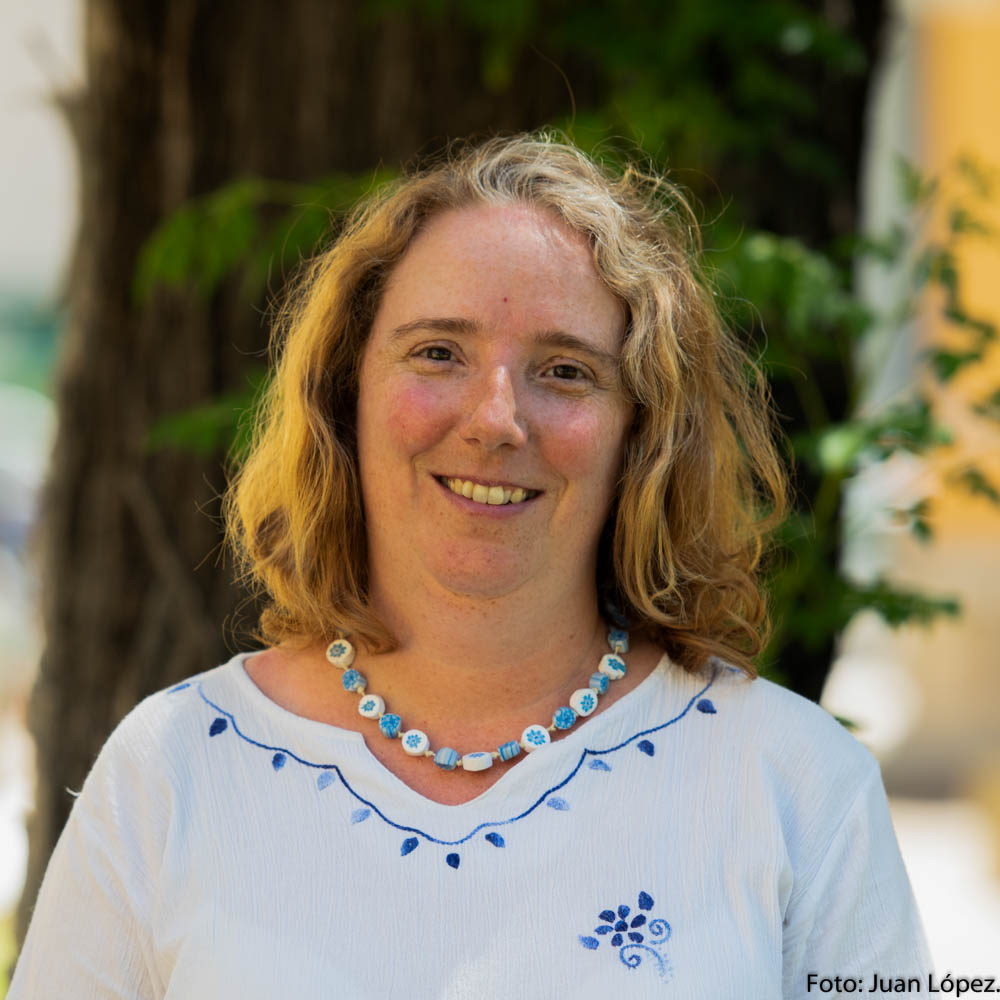
FROM JANUARY 2022 TO NOVEMBER 2023
Work Package 5
FROM JANUARY 2019 TO JANUARY 2020
Work Package 3
Ana Delicado
ICSUL (PT) -> CLANER (SP)
Read more...
Understanding the renewable energy sector in Andalusia
In January 2019 I started my two-month secondment at CLANER, in Malaga. My second period of this secondment was spent in Seville, at the offices of Considera, an affiliate of CLANER, in April-May 2019. For the third period I returned to Malaga, in January 2020.
CLANER is a business association, more exactly the Andalusian Cluster of Renewable Energies and Energy Efficiency. It brings together over one hundred companies, public administration agencies and departments, universities and research centres that work on this sector and plays an important role in representing their interests and providing expert advice on energy issues.
During the first period of the secondment, under the guidance of Carlos Rojo, I collected information on national and regional energy policies, remuneration frameworks, planning regulations and procedures, the distribution of energy infrastructures in the region, public opinion and siting conflicts. Navigating a sea of legislation, policy documents, regulations, statistical data and media articles, I tried to gain an understanding of the challenges and opportunities for the further development of renewable energy landscapes in Spain. A field trip to the Guadalteba area allowed for a direct experience of the renewable energy landscapes in the Malaga province: the windfarm right framing the village of Ardales, the dam of Guadalhorce with wind turbines in the distant background, the La Camara windfarm in a desolate stretch of the road to Ronda. With land prices at a premium in the Costa del Sol, solar power plants are far less common.
In Seville, documental data collection continued and I was able to carry out an interview with a local group of the energy cooperative SomEnergia. I also took the opportunity to visit the wind farms of Vejer (a best practice case of community participation in renewable energy planning) and of Tarifa, the first to be built in Spain and some of the largest in the country.
In January 2020 the secondment period was used to update the information on RE policies, which underwent significant transformations, with the publication of new laws on self-consumption and energy communities, and collecting more information, documents and news articles.
Data collection during the secondment has been used to prepare several conference presentations and will be used in scientific journal articles.
Ana Delicado
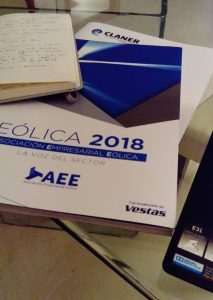
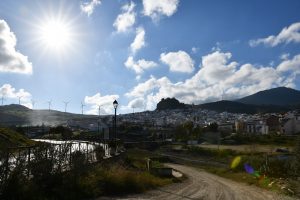


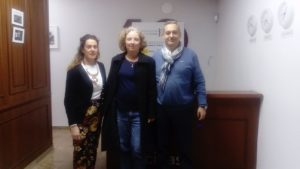
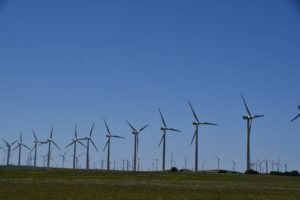
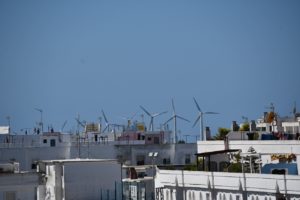
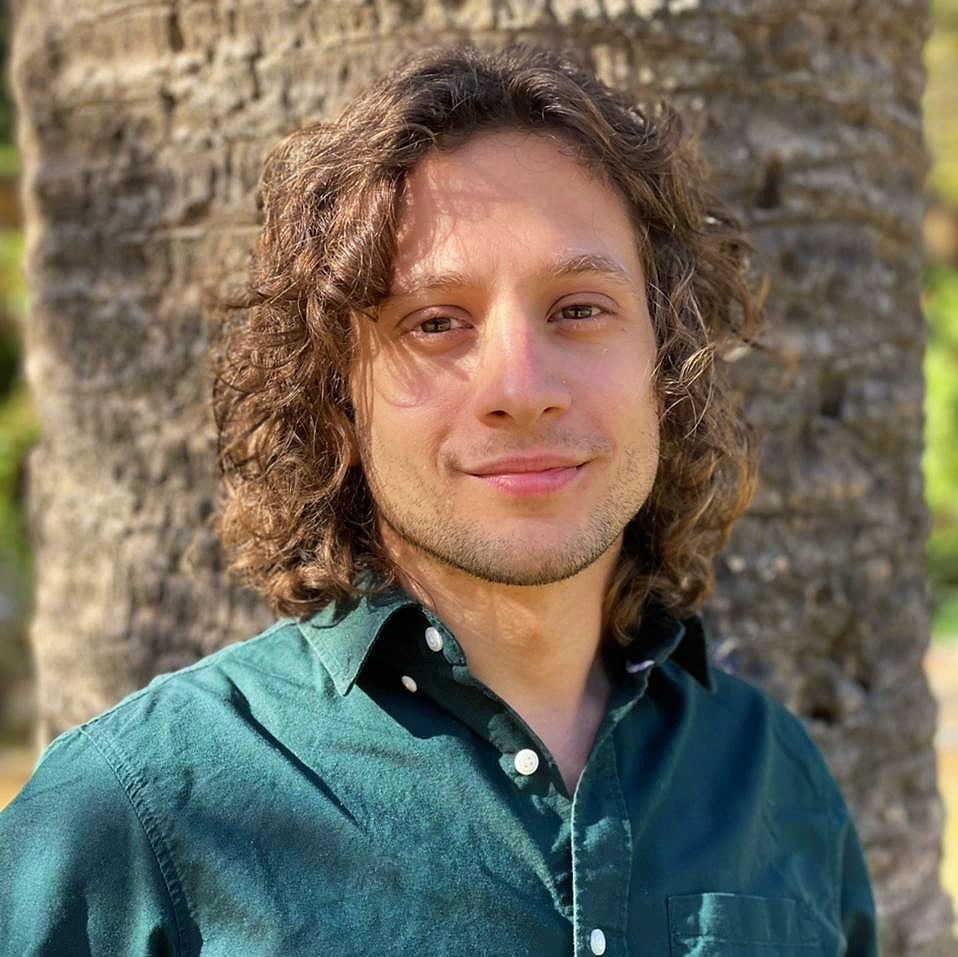
Work Package 2
Thomas Papakosmas
GSH (GR) -> ICSUL (PT); FROM MARCH 2022 TO AUGUST 2022
GSH (GR) -> USE (SP); FROM OCTOBER 2022 TO FEBRUARY 2023
GSH (GR) -> UHU (SP); FROM MARCH 2023 TO APRIL 2023
Read more...
During the secondment, the basic framework for the WebGIS platform needed for the visualization of geospatial data was developed, on the basis of migrating the previous platform which was developed on proprietary environments to open source solutions.
For the development of the platform, the preferred combination of technologies was sought for 1) storage in a database, 2) dissemination and 3) data visualization in a browser environment. The choice of technology and software used was based on cost and ease of access, and for this reason open-source software was preferred.
The general architecture of the application is as follows:
i) Data base: The database software chosen is PostgreSQL/PostGIS v.13. PostgreSQL is one of the most powerful open source software for storing and searching data through SQL queries. This software meets all requirements for search speed and data security.
ii) Dissemination:The stored data from the geospatial database must then be made available via OGC services to the web application to be built. The software selected to provide said OGC Services is GeoServer 2.20. GeoServer is an open geospatial data processing software (geospatial server) which, after accessing the database repositories, undertakes the provision of data dissemination services according to the standards of the Open Geospatial Consortium (OGC Services). These services concern the sharing of images (WMS, WMTS), vector data (WFS) and coverage data (WCS) and are accessible through specialized requests in the GeoServer programming interface (API requests). For the needs of this application, the WMS and WFS services were used in order to upload the available geospatial data to the web application.
iii) Web App Stack: For the operation of the back-end of the application, we made use of the programming language Python v. 3.10. This language is an open and widespread programming language and, in combination with the Flask library, enables the operation of a web-app server as well as the possibility of interacting with a database, writing data entry forms and building information interfaces (APIs) that meet all the requirements for the needs of this project. And the Front-end the programming languages HTML, JavaScript and CSS were used for the operation of the front-end in the web-browser environment. HTML, CSS and JS together form the basic method of formatting web pages and web applications on the internet.
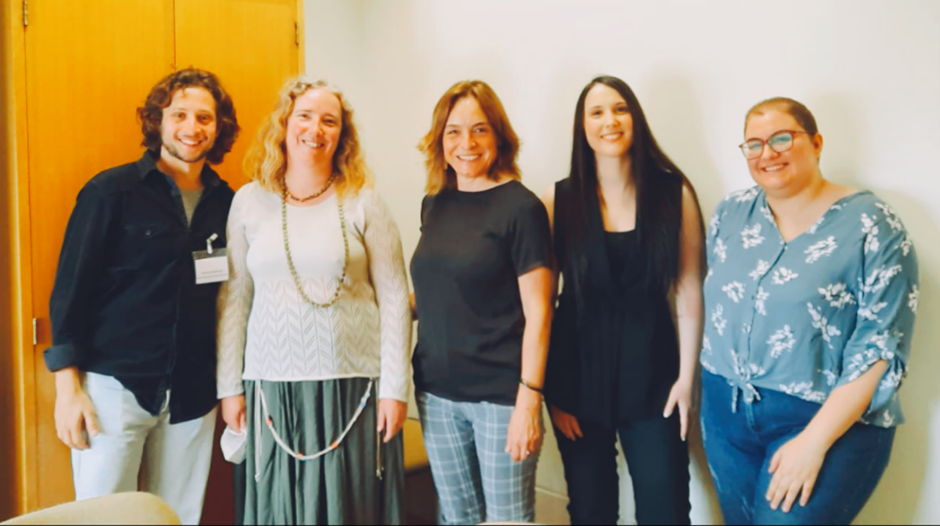
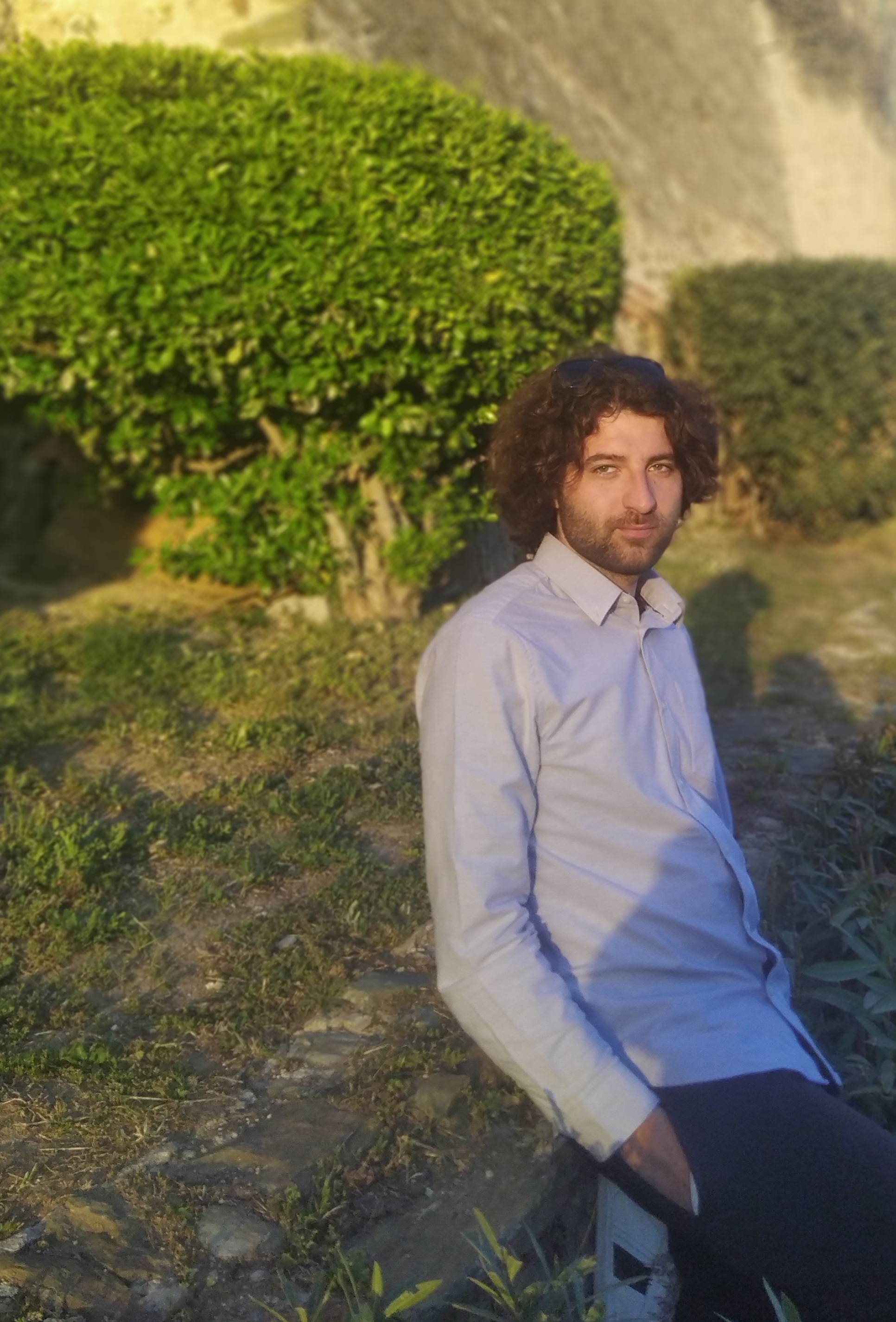
FROM APRIL 2022 TO JUNE 2022
Work Package 4
Nikos Nagkoulis
AUTh (GR) -> TERRITORIA (SP)
Secondments
During my stay I had the opportunity to work with Territoria to create a plan for PV plants in La Palma Del Condado. An excellent cooperation took place between Aristotle University of Thessaloniki (AUTH) and Territoria, as both prof. E. Loukogeorgaki and M. Ghislanzoni (respectively) offered me valuable information. The scientific results were both practical and theoretical. In terms of research, a paper was created with the following novelties
- A methodological framework and tools to determine optimum locations for PV plants in terms of minimizing social disturbance. The optimization problem is solved by developing a Genetic Algorithm optimization technique, while social and economic variables can be taken into account using 3D Pareto fronts.
- A novel indicator to assess the visual impacts of a new PV installations.
- A web-GIS application allowing stakeholders to access and visualize the data (https://hydraulics-auth.shinyapps.io/PV_La_Palma/)
The results of the methodology proposed were inserted in the new spatial plan of the municipality.
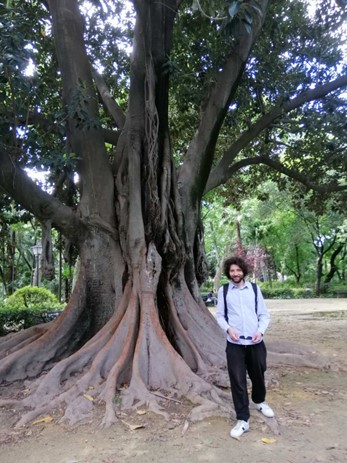
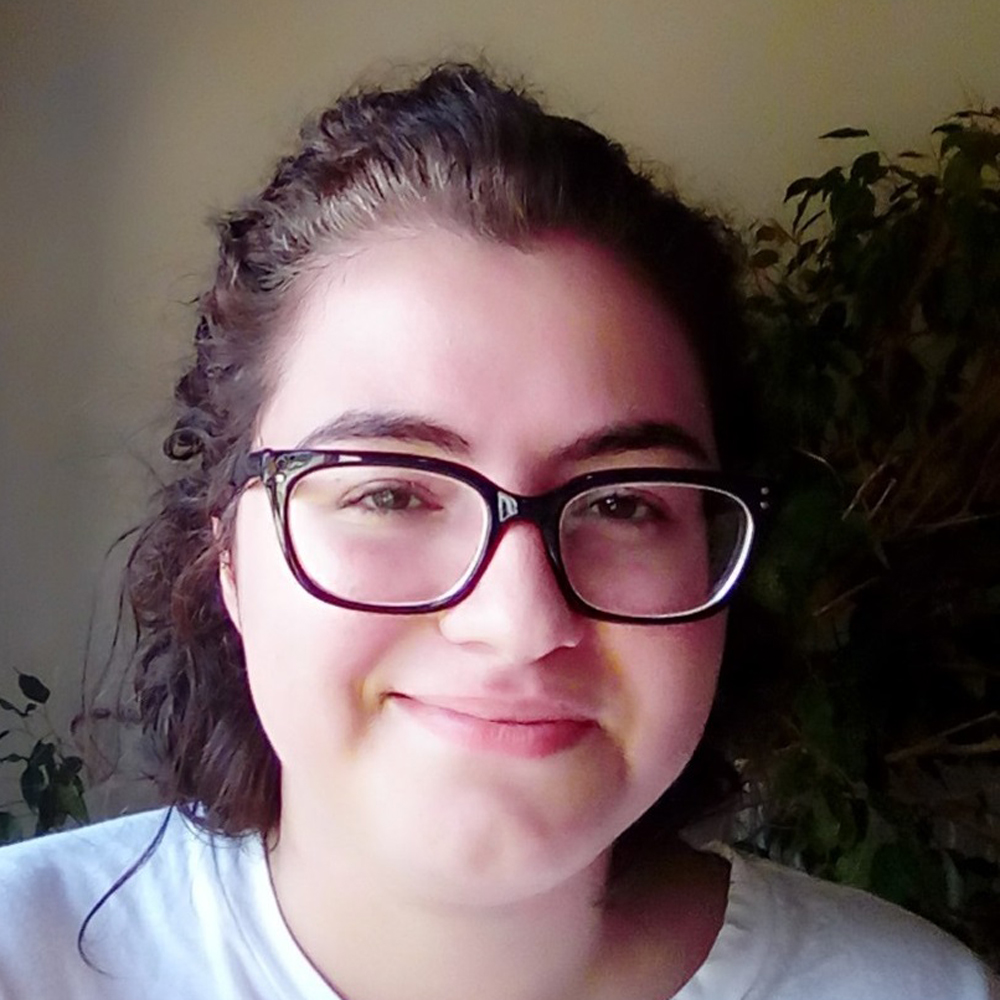
Work Package 5
Theodora Istoriou
AUTH (GR) -> COOPERNICO (PT); FROM MAY 2022 TO JULY 2022
Read more...
During my secondment, I successfully implemented research activities related to WP5 Task 1 (i.e., Case studies of social innovation and entrepreneurship in the energy sector), which can contribute to the successful completion of WP5.
Furthermore, my secondment at COOPERNICO in Portugal contributed to (i) the exchange of knowledge among the participants, (ii) the identification of relevant cases of social innovation regarding renewable energy in Greece, (iii) internal conversations with COOPERNICO, and Prof. Ana Delicado comparing the energy communities’ status in Greece with those in Portugal.
Also, I participated in the project meeting of POWERPOOR that took place in Lisbon on June 21-22, 2022. The network’s main aim is to support initiatives for poor energy citizens and encourage using alternative financing schemes with the participation of 8 countries. Additionally to the interactive Internal Capacity Building Workshop, there was a field visit to a solar photovoltaic rooftop system of a condominium in Lisbon, which is in the process of becoming a collective self-consumption, as a pilot case of the EU project COMPILE.
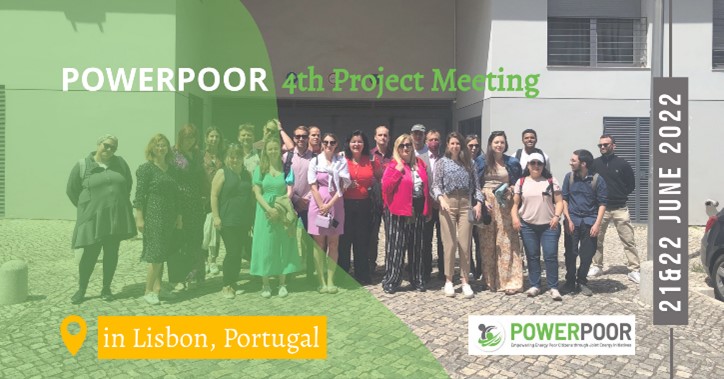
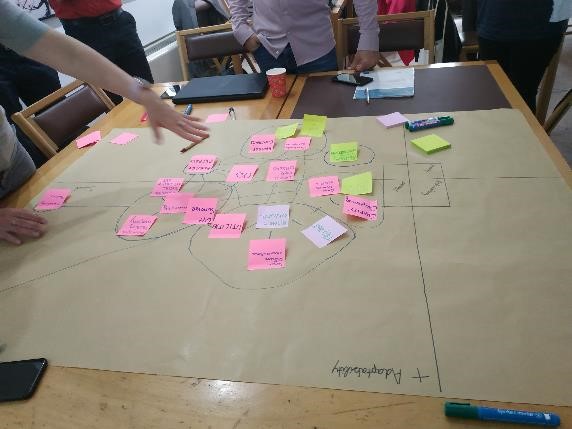
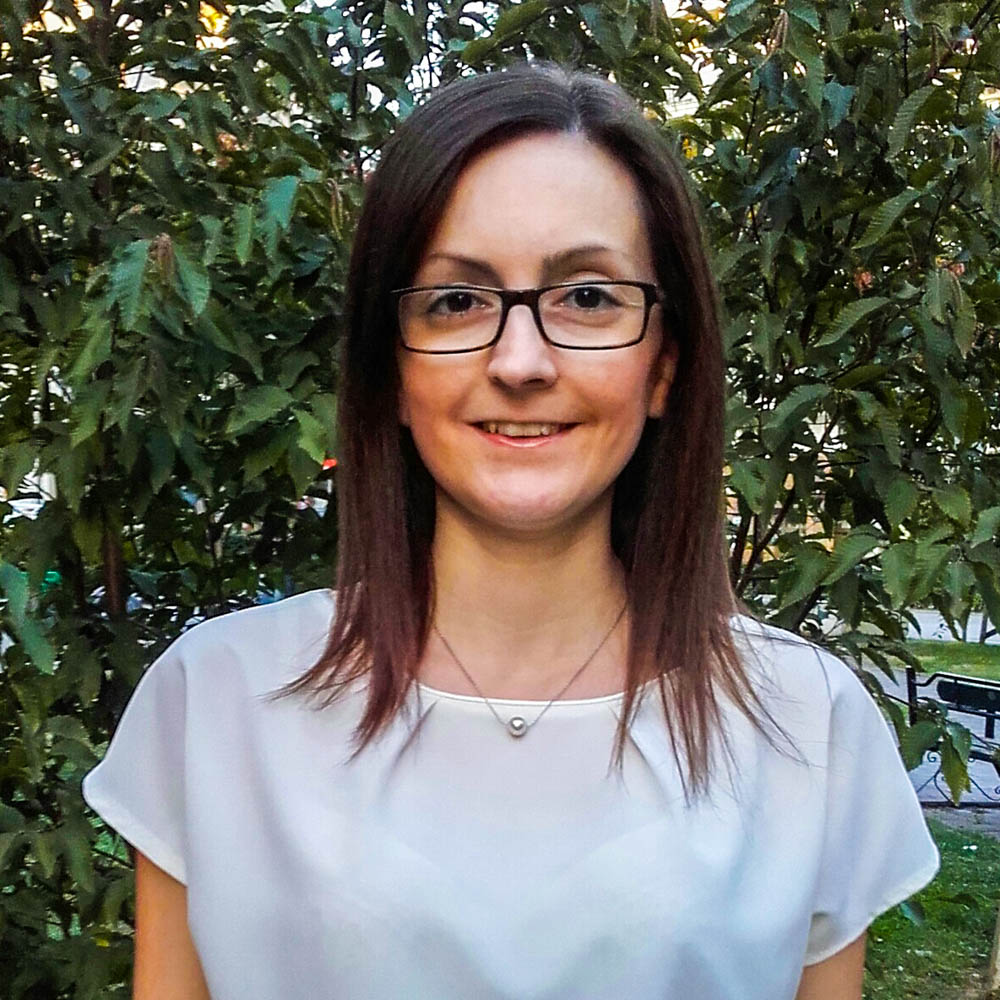
Work Package 2
Eleni Verani
CONSORTIS (GR) -> USE (SP); FROM JUNE 2022 TO JULY 2022
Read more...
In June 2022, I started my one-month secondment in Seville. My host was the University of Seville, Department of Human Geography, and I stayed there from the 6th of June to the 6th of July 2022. The activity carried out is within the framework of WP2. During this period I had the chance to work with the coordinator of Pearls Project, Maria Jose Prados and members of her team. In this context, I had work meetings with Maria Jose Prado (Universidad de Sevilla) and Ricardo Iglesias (Universidad Pablo de Olavide) with aim to familiarize with the renewable energy system in Spain, and especially in the region of Andalusia.
Me and my hosts discussed WP2 and the work to be tackled. María José Prados was very welcoming to my ideas on what to work on. So, it was decided to do an investigation into the environmental impact assessment procedure in Greece with the ultimate purpose of contributing to a future comparison with Spain. More specifically, the research will concern how the environmental impact assessment procedure is now and how it has been before, especially regarding officially and NGOs organizations that could take part along the procedure and how it usually takes palace.
Τhe unusually high temperatures that prevailed in the Seville area during my secondment prevented the extended fieldwork periods. Nevertheless, I visited the PS10 Solar Power Plant (Spanish: Planta Solar 10) which is the world’s first commercial concentrating solar power tower operating near Seville, in Andalusia, Spain and PV technologies near Aznalcóllar (a city located in the province of Seville). Really, it was a great experience. Without any doubt, my impression during the secondment will be marked by the warm welcome from the Spain team and the uniqueness of a city like Seville.
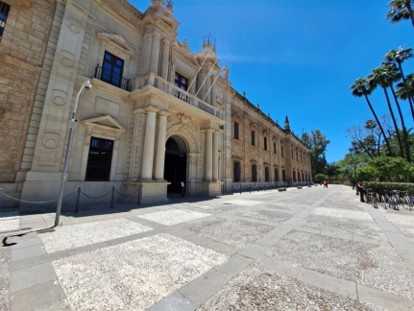
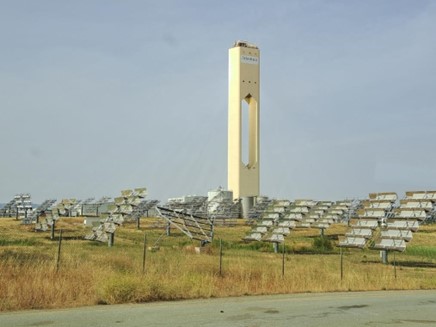
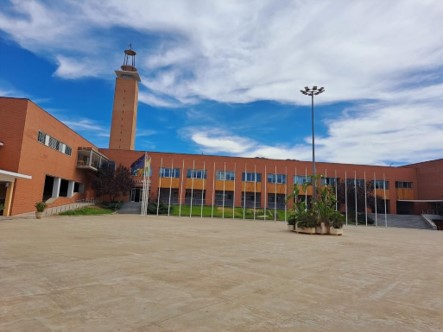
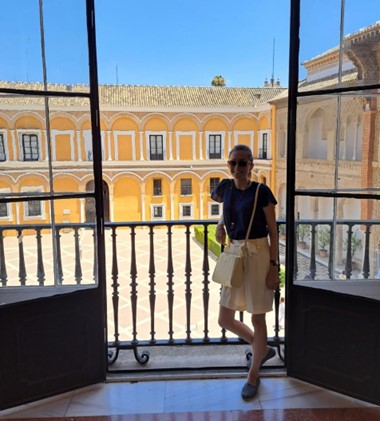
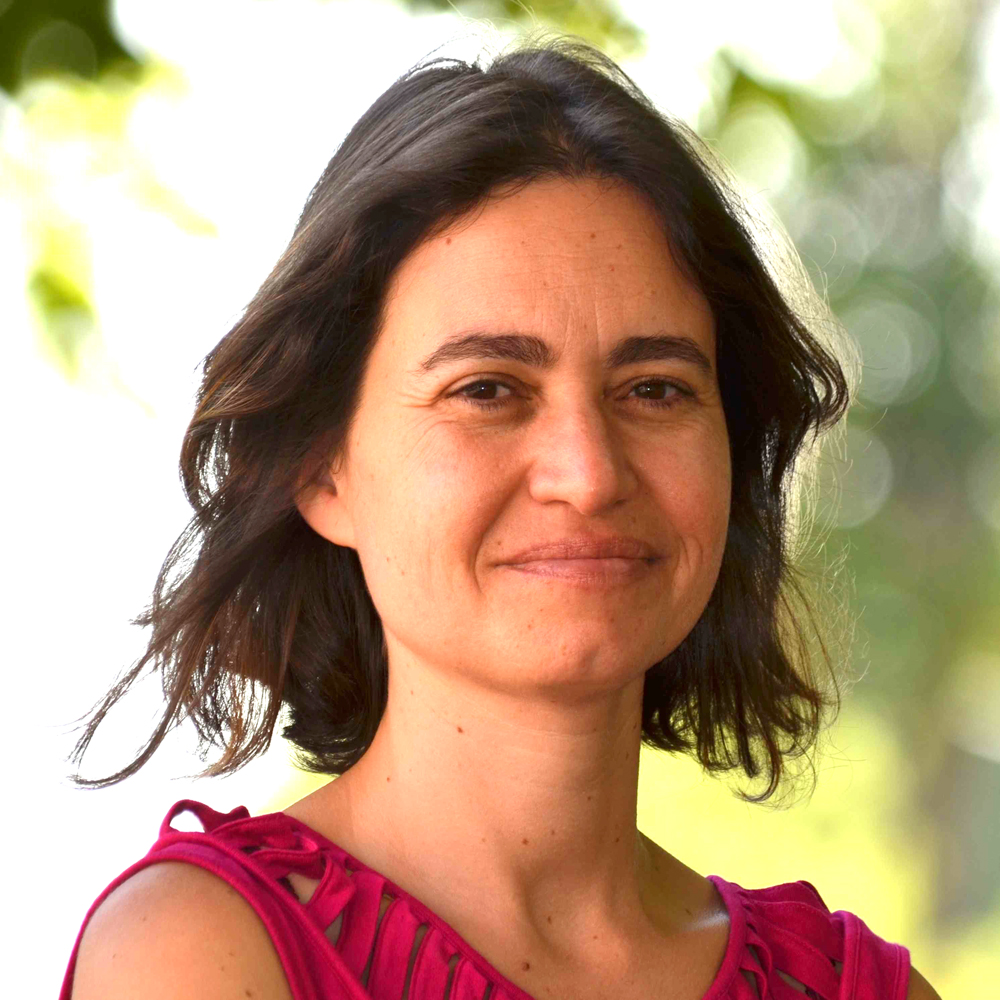
Work Package 2
Ana Rita Antunes
COOPERNICO (PT) -> AUTH (GR); FROM JUN 2022 TO MAY 2023
Read more...
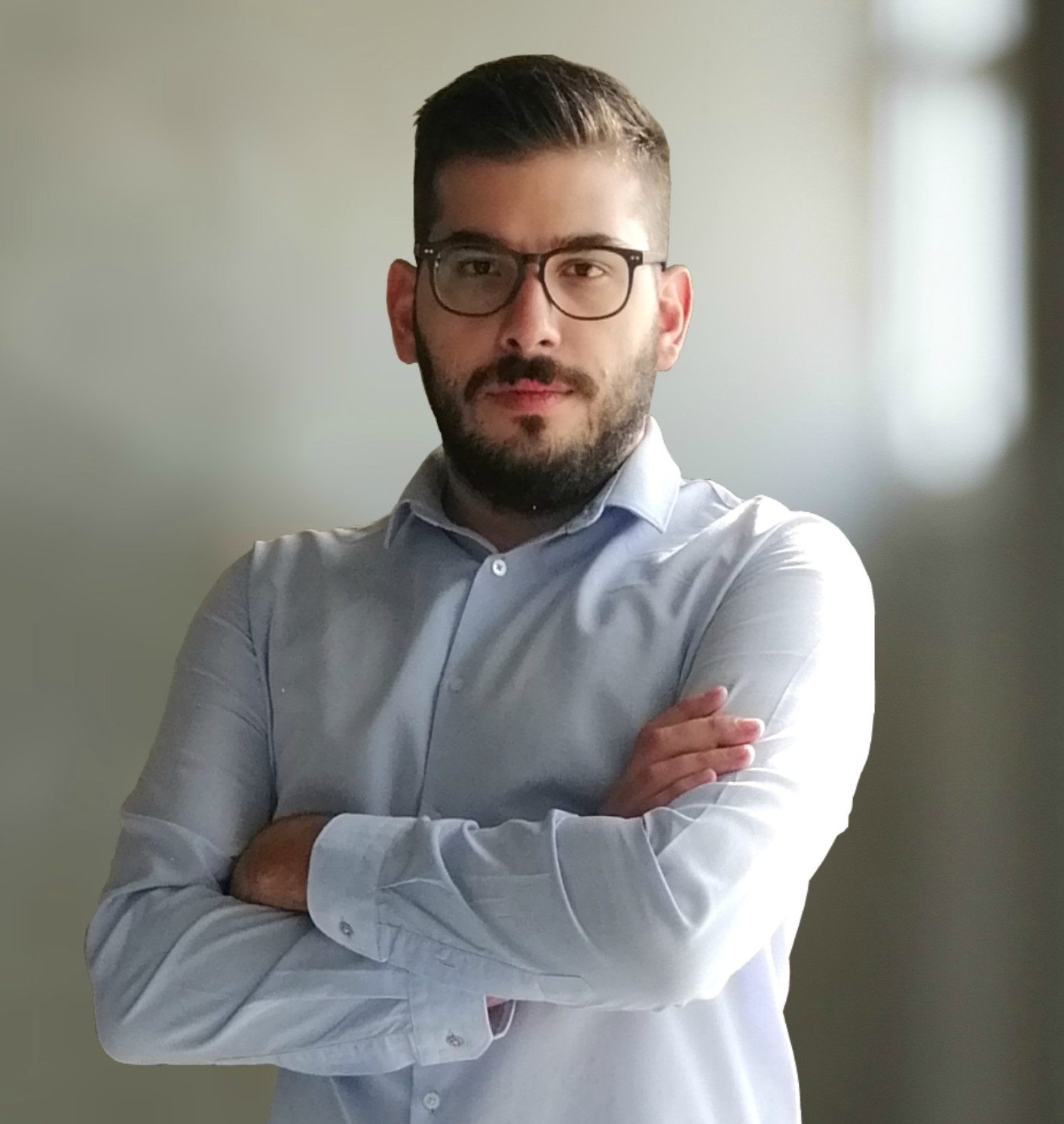
Work Package 4
Anastasios Bitziadis
CONSORTIS GEO (GR) -> UNITN (IT); FROM JUNE 2022 TO JULY 2022
Read more...
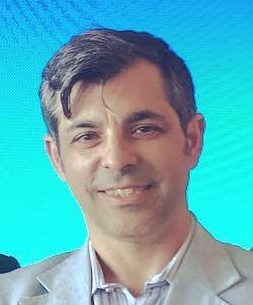
Work Package 3
Ricardo Roque
ICSUL (PT) -> TERRITORIA (SP); FROM SEPTEMBER 2022 TO SEPTEMBER 2023
Read more...
During my secondment I was collecting data for WP5 Social Innovation and Public Engagement, in particular about rural energy communities in Andalusia. Also I visited and carried out interviews with local promoters.
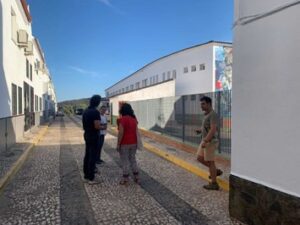
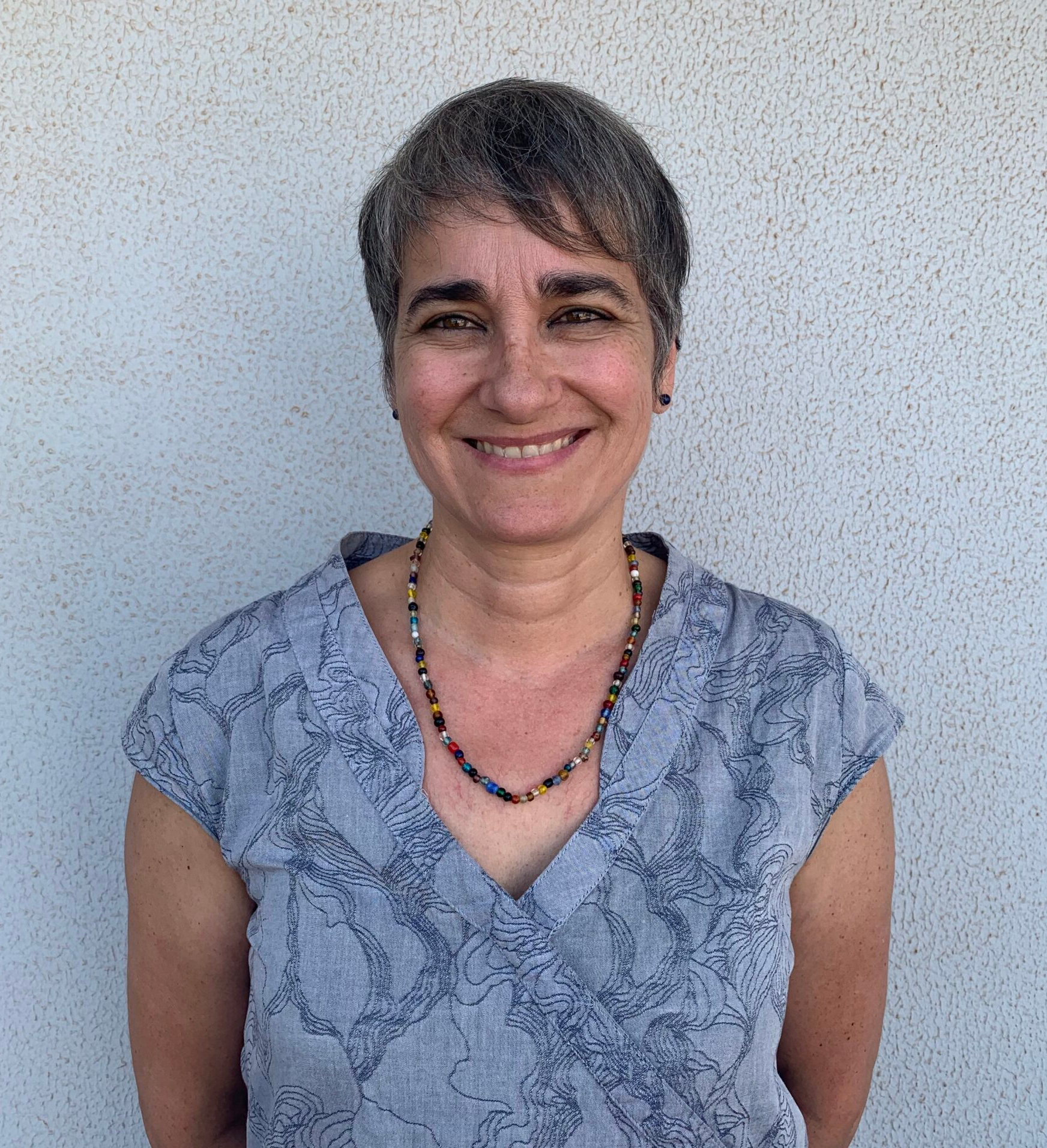
Work Package 5
Catarina Pereira
COOPERNICO (PT) -> USE (SP); SEPTEMBER 2022
Read more...
During my secondment I collected information and carried out interviews with representatives from renewable energy communities: Arroyo Alumbra energy community at Arroyomolinos de Léon (Huelva) and Torre Blanca Alumina energy community, located in Seville.
Conversations with other partners of the project were carried out to discuss and update collected information, namely on Comunidad provincial TODA SEVILLA and Comunidad energetica de Monanchil. The results of these endeavours were incorporated in the report on energy communities in Spain, Portugal, Italy and Greece. They are also relevant for the work developed at Coopernico supporting energy communities in Portugal.
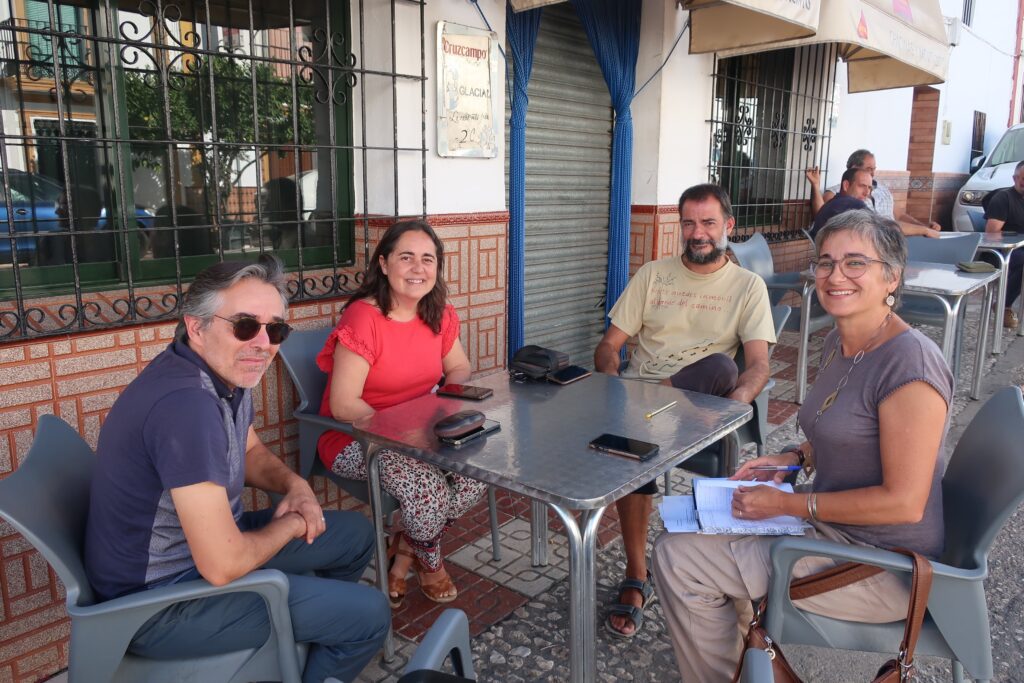
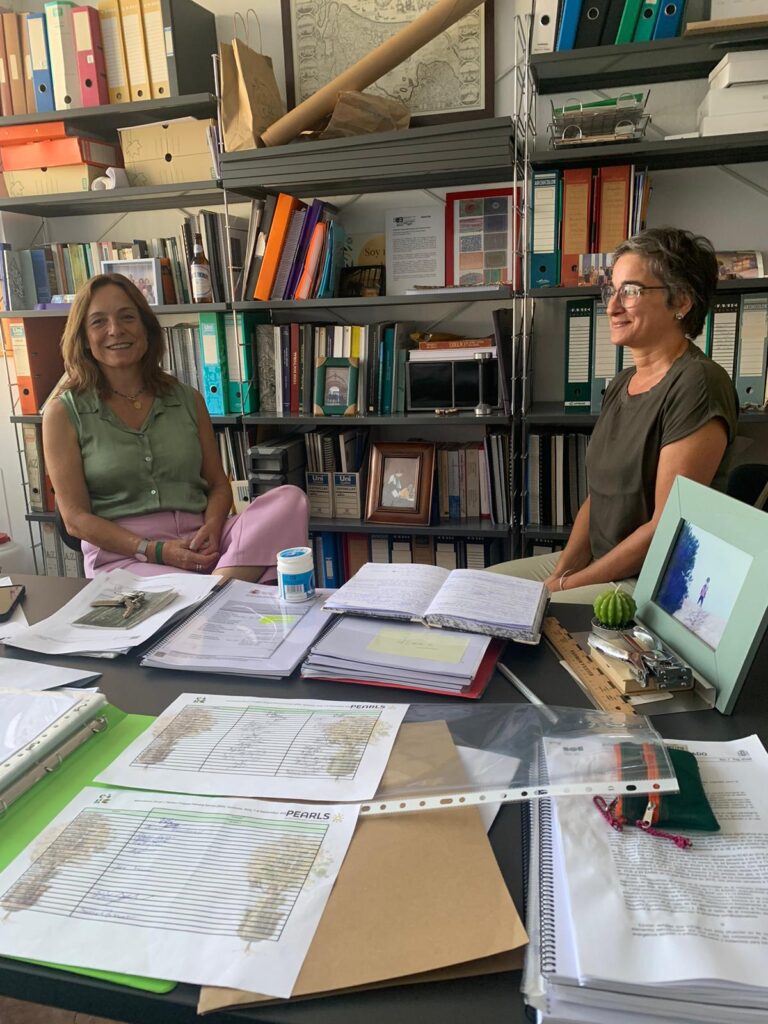
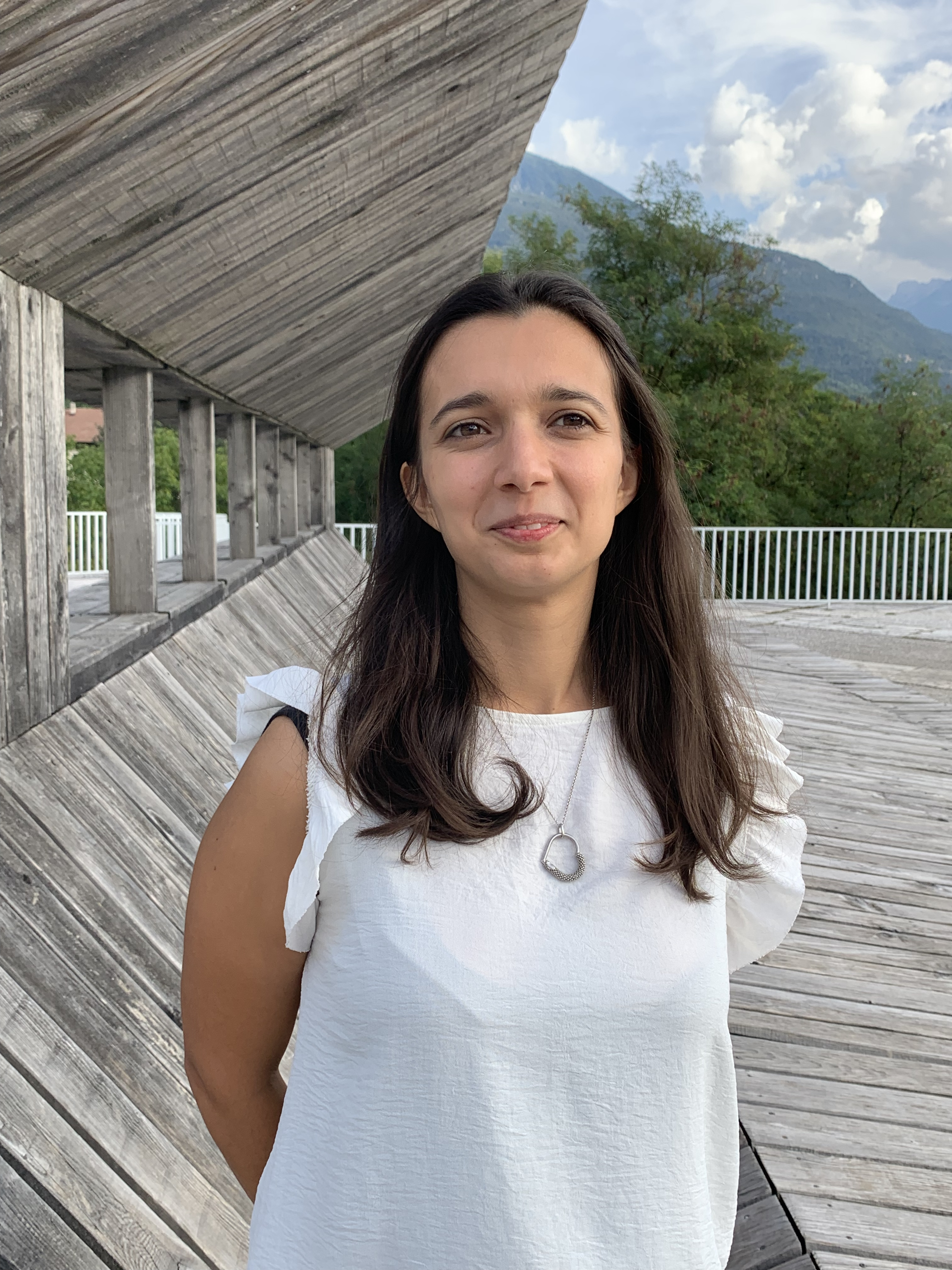
FROM SEPTEMBER 2022 TO OCTOBER 2022
Work Package 4
Ambra Barbini
UNITN (IT) -> CONSORTIS GEO (GR); FROM SEPTEMBER 2022 TO OCTOBER 2022
Read more...
During the secondment at Consortis Geospatial in Thessaloniki, I investigated the public engagement in Sustainable Energy Planning (SEP) in the region of Central Macedonia in Grece, through a questionnaire. The main aim of the questionnaire is to collect the opinion of inhabitants regarding their perceptions about planned renewable energy projects, in the area on the border between the municipality of Kikis and Paionia, where local authorities released licences for the installations of new ground Photovoltaic (PV) plants. The questionnaire is structured in four sections: (1) General Information about respondents; (2) Public perception of ground PV plants; (3) Public perception of different ground PV plants design options; (4) Perceived benefits and beneficiary of ground PV plants.
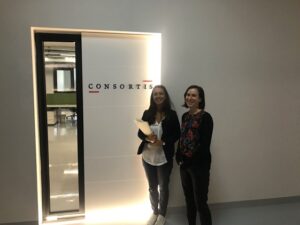
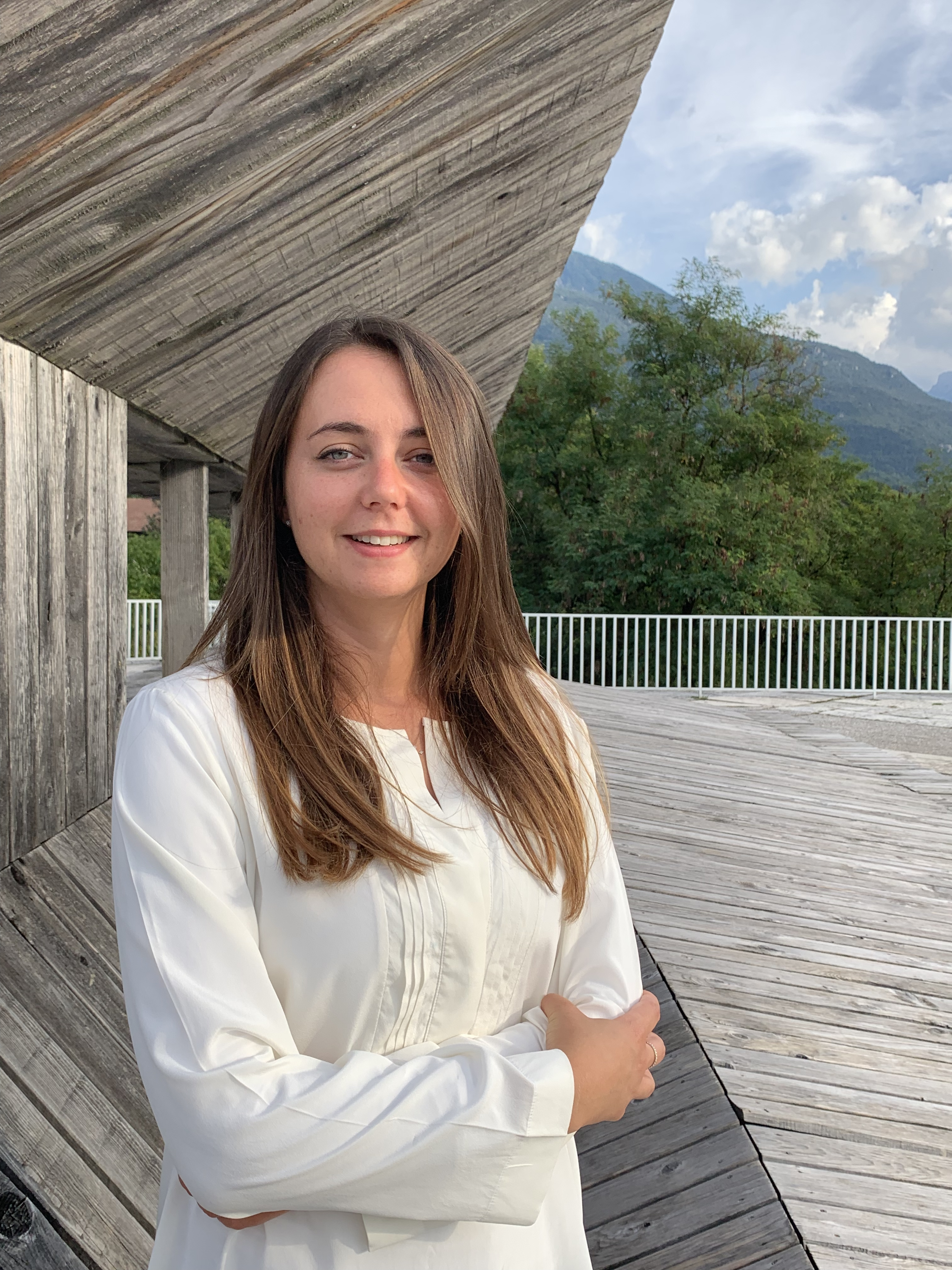
Work Package 4
Angelica Pianegonda
UNITN (IT) -> GSH (GR); FROM SEPTEMBER 2022 TO OCTOBER 2022
Read more...
During my secondment in GSH in September-October 2022 (1 month), the public engagement reinforcement in Sustainable Energy Planning (SEP) was addressed. For achieving this objective, a questionnaire – spread both online and in person during a four-day field trip to Paros Island – was designed to investigate community perceptions of REL. In collaboration with Mr. Thomas Papakosmas, under the supervision of Mr. Christos Kontopoulos, and coordinated by Mrs. Betty Charalampopoulou from GSH, the questionnaire has been designed, both in Greek and in English, to reach as many respondents as possible (not only inhabitants, but also tourists). The questionnaire has four main sections: (1) General Information; (2) Public perception of wind farms’ site; (3) Public perception of wind farms’ design; (4) Perceived social benefits of wind farms and where structured according to top-down and bottom-up approaches.
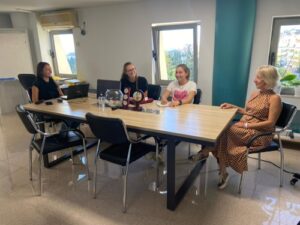
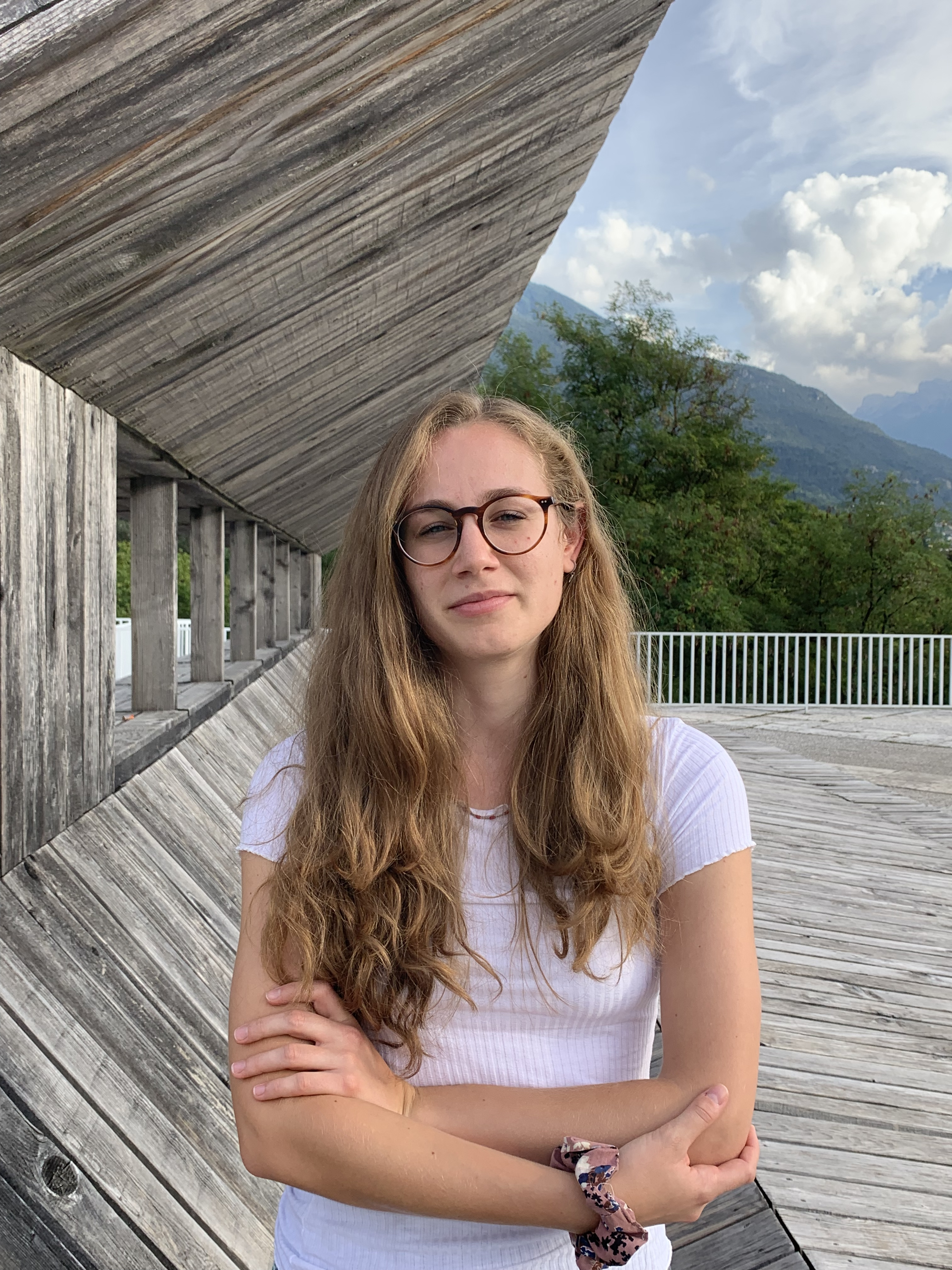
Work Package 4
Chiara Chioni
UNITN (IT) -> GSH (GR); FROM SEPTEMBER 2022 TO OCTOBER 2022
UNITN (IT) -> TERRITORIA (SP); FROM NOVEMBER 2022 TO DECEMBER 2022
Read more...
During my secondment the public engagement reinforcement in Sustainable Energy Planning was addressed. For achieving this objective, a questionnaire – spread both online and in person during a four-day field trip to Paros Island – was designed to investigate community perceptions of Renwable Energy Landscapes. In collaboration with Mr. Thomas Papakosmas, under the supervision of Mr. Christos Kontopoulos, and coordinated by Mrs. Betty Charalampopoulou from GSH, the questionnaire was designed, both in Greek and in English, to reach as many respondents as possible (not only inhabitants, but also tourists). The questionnaire has four main sections: (1) General Information; (2) Public perception of wind farms’ site; (3) Public perception of wind farms’ design; (4) Perceived social benefits of wind farms and where structured according to top-down and bottom-up approaches.

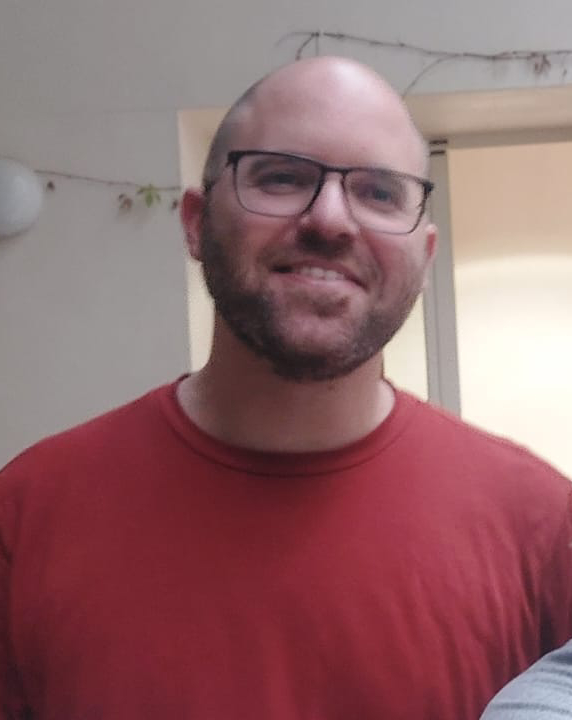
Work Package 2
Noam Elad
BGU (ISR) -> TERRITORIA (SP); OCTOBER 2022
BGU (ISR) -> COOPERNICO (PT); FROM SEPTEMBER 2023 TO OCTOBER 2023
Read more...
During my secondment I took part in PEARLS international research of renewable energy projects. Furthermore, I attended PEARLS seminar including meeting with Territoria staff as part of the programme and research. It was an important part of my secondment participating in a field trip to solar farm.
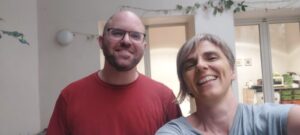
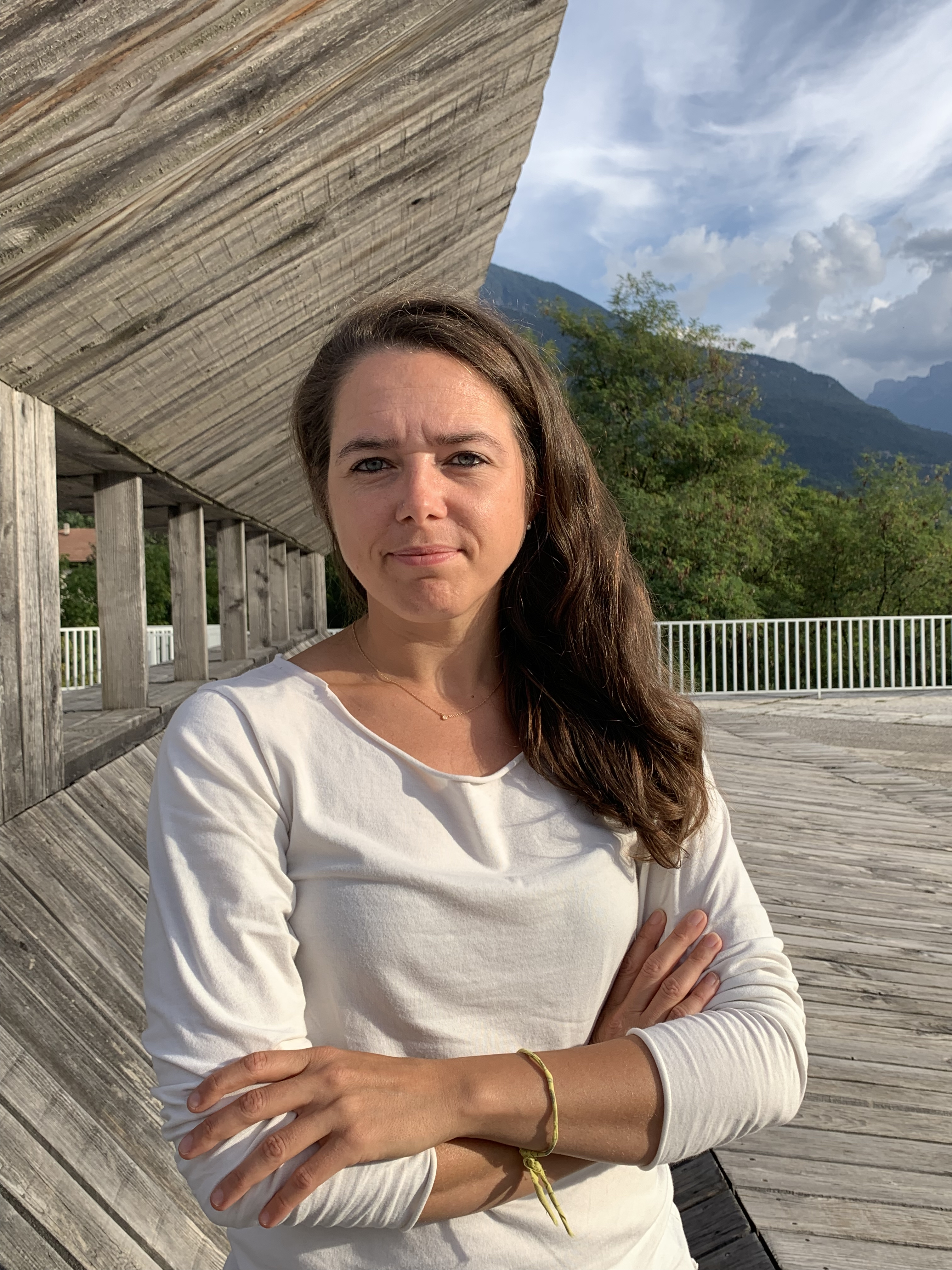
Work Package 4
Sara Favargiotti
UNITN (IT) -> ENERCOUTIM (PT); FROM FEBRUARY 2023 TO OCTOBER 2023
Read more...
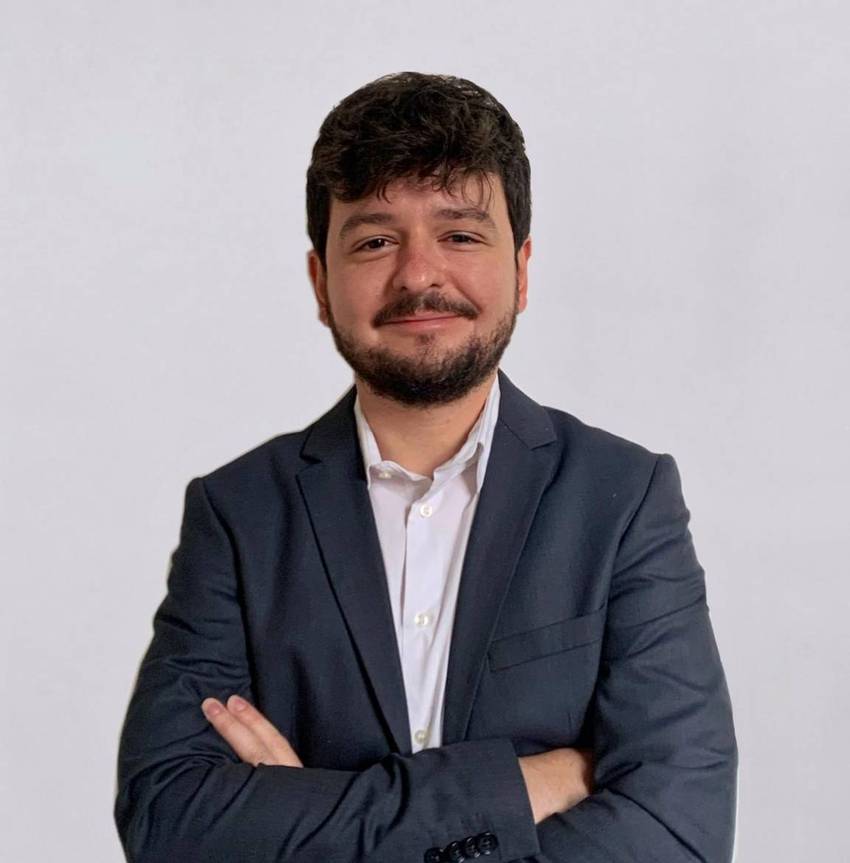
Work Package 2
Marcello Curci
HABITECH (IT) -> USE (SP); FROM MARCH 2023
Read more...
The activities performed during the secondment were mainly focused on exploring local sustainability practice with regards to the built environment, urban and spatial planning. Thanks to the support of USE and its wide network of contacts in Andalusia, Habitech had the chance to arrange some exchange meetings with Spanish companies and institutions.
The main objective consists in presenting the sustainability activities performed by Habitech in Italy and abroad and in acquiring information on similar activities performed in Spain. Exploring complementarities and differences between the Italian and Spanish environment was always at the core. More specifically, Habitech met representatives from CONSIDERA, a cluster member of PEARLS partner CLANER: the topics of green building certifications, as well as sustainability in the Spanish policy-making process were addressed.
These topics were further addressed during a fruitful exchange with 2 secondees from USE: spatial planning policies, and the use of wood as a sustainable construction material were particularly undertaken during multiple discussions. To understand the urban and geographical transformation of the city of Seville in recent years, a meeting was organized with the architecture firm EDDEA. In this framework, there was an in-depth discussion on the upcoming regeneration project of the city harbour, regarding the participative activities conducted with the local community to reshape the area, the architectural recommendations, and the provision of renewable energies and sustainable solutions to be used in the project.
Lastly, Habitech conducted some field visits to interesting city districts, to have a tangible understanding of the ongoing transformations. These visits encompassed the port district along the Guadalquivir River; “La Cartuja” district, and the Joint Research Centre building; the headquarter of the Official College of Architects in Seville; “Las Setas/Parasol” wooden structure and the reshape of the surrounding space in the city centre.
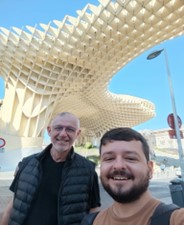
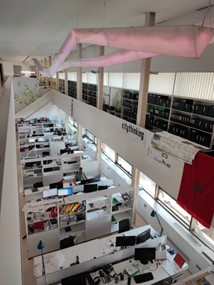
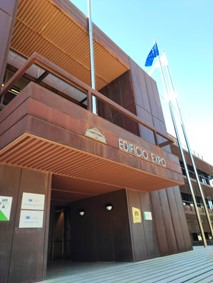

Work Package 3
Joao Lopes
COOPERNICO (PT) -> UNITN (IT); APRIL 2023
Read more...
During my secondment I had meetings with researchers and professors from University of Trento, Habitech, Fondazione Bruno Kessler, EURICSE and Ènostra to talk about energy communities, the energy cooperative movement in Trentino and South Tyrol – Alto Adige, its impact on the north of Italy, its history and recent developments and the research that is being done about it.
The results were very interesting to have a new perspective on the energy cooperative movement in Portugal, understanding the Italian identitarian, economic and social aspects that matter in the formation of that movement and that can be recycled in contemporary times. A small list of energy communities and energy cooperatives that are providers in the region was also compiled. Beyond the learning that was transported to Coopérnico, the reflections were also shared in the consortium meeting in Syracuse.
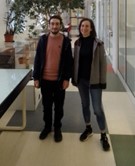
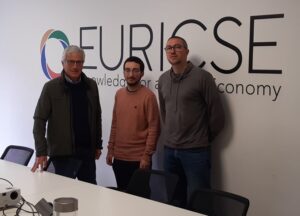
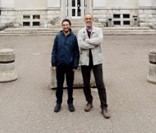
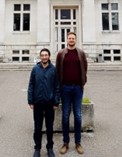
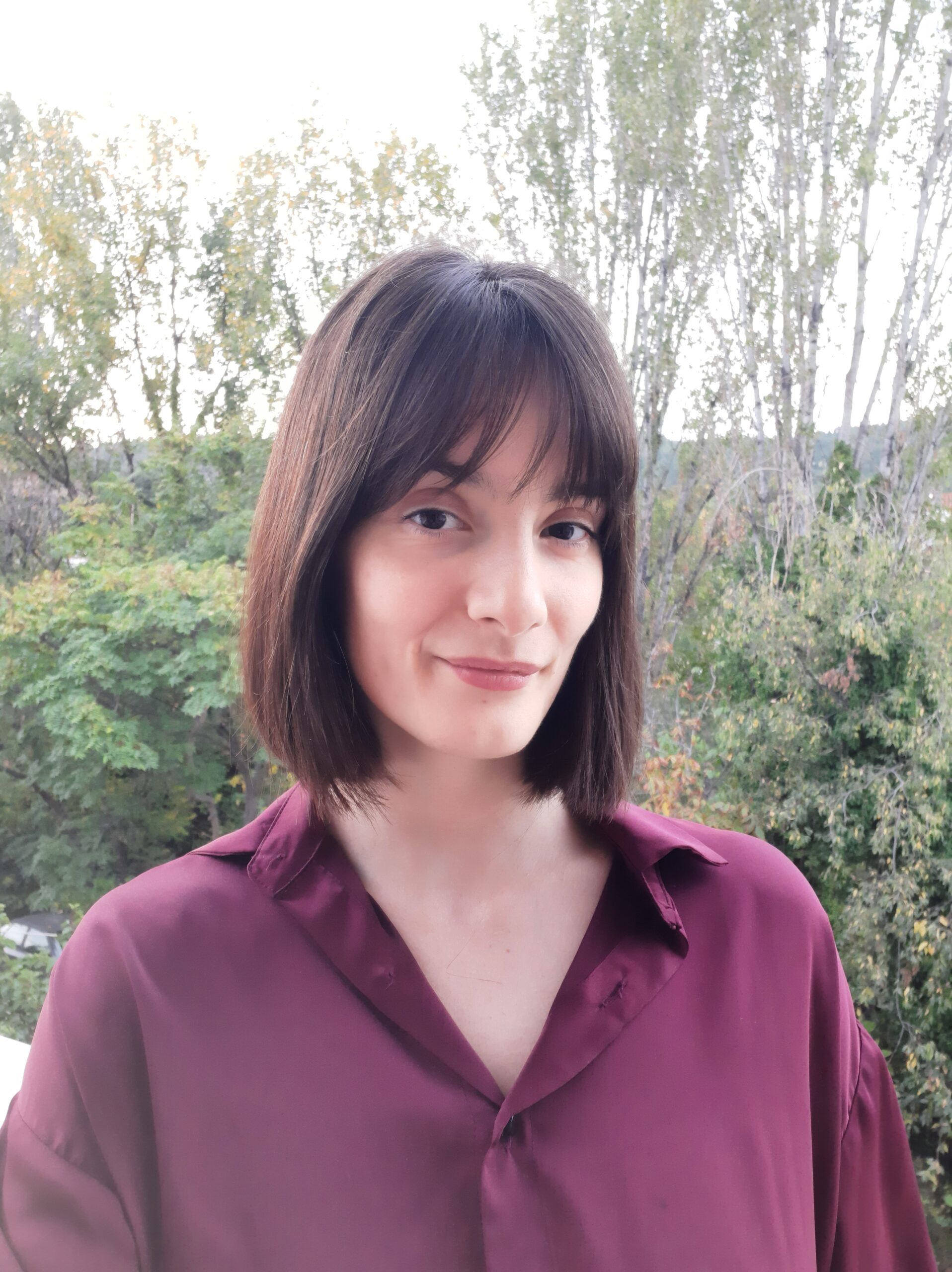
Work Package 2
Anastasia Tzioutziou
AUTh (GR) -> CLANER (SP); FROM APRIL 2023 TO JUNE 2023
Read more...
In my secondment I implemented the activities related to WP2 Task 3a (i.e. to analyse environmental impact assessment procedures to enable the inclusion of natural and cultural aspects), which can lead to a supplementary contribution to WP2. Additionally, my activity contributed to: (i) knowledge exchange between involved partners, (ii) introduction and elaboration of interdisciplinary experts on a novel modeling approach, and (iii) internal conversations with Prof. Maria- Jose Prados comparing the environmental impact assessments and their public consultation procedures in Greece with those in Spain.
During this secondment I was invited by Prof. Maria-Jose Prados and Dr. Angela Lara Garcia and participated in a field trip that took place in La Janda (Cadiz) on May 19, 2023. It was an educational field exercise for undergraduate students of the Department of Geography of the University of Seville, where the students presented diverse facts and issues about the visited sites. One of the sites comprised one of the oldest wind parks in Spain.
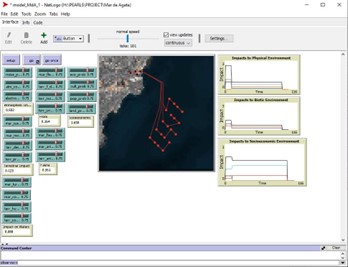
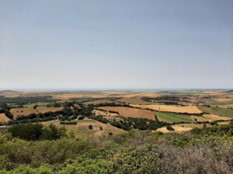
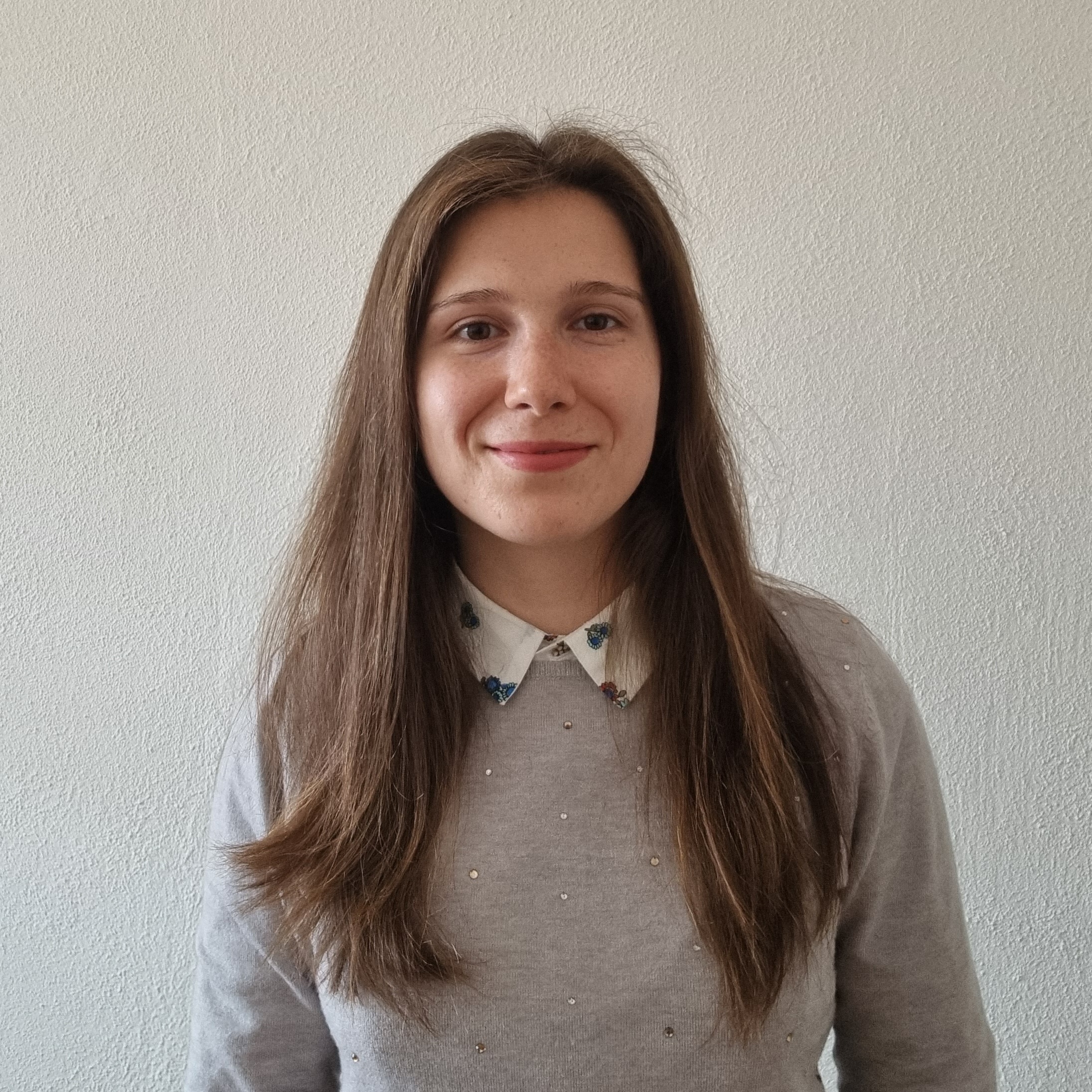
Work Package 5
Vera Ferreira
ICSUL (PT) -> HABITECH (IT); MAY 2023
Read more...
On May 2, 2023, I started my one-month secondment at Habitech Distretto Tecnologico Trentino, in Rovereto, Province of Trento. Habitech specializes in the fields of sustainable construction, energy efficiency and smart technologies for land management and is located at the headquarters of “Progetto Manifattura” (“Green Innovation Factory”), a leading center for industrial innovation in the areas of sustainable buildings, renewable energies, environment technologies and circular economy. I had the opportunity to learn more about Habitech’s mission, members, services, and R&I projects. These exchanges provided valuable pointers to identify and collect information on renewable energy communities and self-consumption projects in the Trentino-Alto Adige region.
During the secondment, I collected information on energy community initiatives in the Trentino Alto Adige region, which allowed for the selection and exploratory analysis of one of the Italian case studies included in the WP5 report – CER, “La Buona Fonte” Riccomassimo. The first REC in the region of Trentino was created in Riccomassimo, a small mountain village of 51 inhabitants in the Municipality of Storo. The REC was registered on June 21, 2021, and was officially inaugurated shortly after, on July 16. The project was implemented by Consorzio Elettrico di Storo (CEDIS), a century old electricity cooperative with over 3000 members, in partnership with the association for social promotion La Buona Fonte, the legal entity that owns the REC.
The results of the secondment were presented at the Energy Communities in Southern Europe seminar, which took place at the Institute of Social Sciences on June 20, 2023.
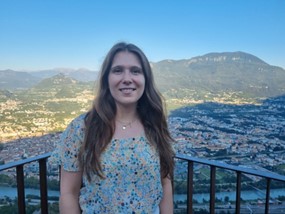
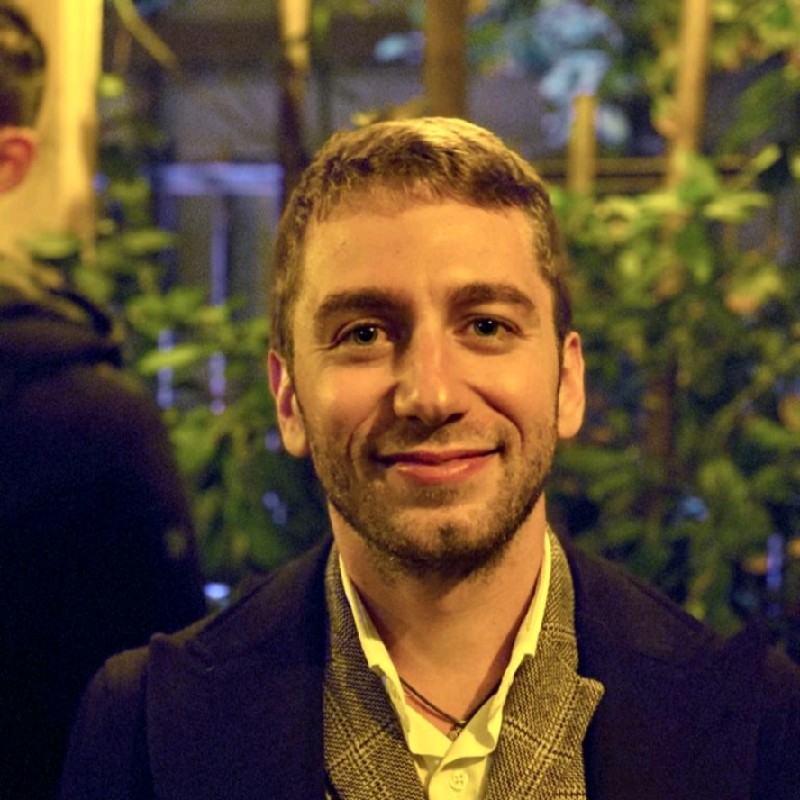
Work Package 2
Giuseppe Macca
E4G (IT) -> USE (SP); FROM MAY 2023 TO JULY 2023
Read more...
During this secondment I carried out the following points:
01. Identify social innovations in the field of renewable energy in the host country.
02. Evaluate innovative practices in public engagement in the renewable energy sector and evaluate its relationship with the private sector;
03. Understand the cultural dimension of the renewable energy development processes and relate them to the issues of sustainable development of the territories.
04. Analyze the barriers related to the involvement of communities in the sustainable development of territories, evaluating the ability of the private sector to carry out sustainable business experiences in line with international standards
In order to carry out the previous points, several meetings have been held within the university, adding field trips and visit to specific locations. For instance, we visited the Castle of Medina Sidonia with a view on the new wind farms, the Laguna de la Janda, addressing the issues of water management and scarcity and also the town of Vejer de la Frontera and its urban landscapes.
In the city of Sevilla, the visit to the Pumarejo social center and to the CAAC (Centro Andaluso de Arte Contemporanea) and the IAPH (Andalusian Historical Heritage Institute) have been an important experience to understand how the civic society organizes itself within urban landscapes, while the public administration fosters the planning of the urban green transition and the protection of the heritage through its institutions.
Finally, meetings have been held with other researchers coming from the partner university of Thessaloniki and Lisbon, to share experiences and best practices. In addition to that, with a team lead by the University of Sevilla, it was started a process to elaborate a publication on the above subjects, working with the partners from Greece and Israel.
The networking activities brought up the possibility to host the PPPF in Siracusa, HQ of the sending organization.
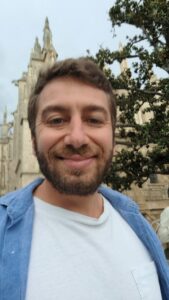
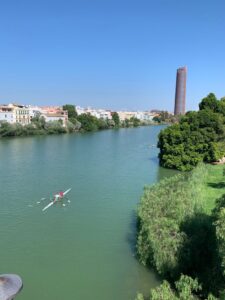

FROM JUNE 2023
Work Package 5
Ricardo Iglesias
UPO (SP) -> COOPERNICO (PT)
Read more...
In general, it has been observed that it is very difficult for energy communities in Portugal to be legally constituted as an entity. This means that they are not really energy communities, but rather self-consumption associations. Administrative difficulties have slowed down their development. In general, this hinders their independence in the management of energy to the benefit of the big companies.
On the other hand, there is a low degree of local participation and involvement in the management of the communities.
The research tasks and objectives developed in this secondment give continuity to a research line that, after the end of PEARLS, will be proposed in a National Plan project already underway (STEP). In the same way, the participation in the ICS seminar and the Southern European Sociology conference will result in two papers on local governance and energy poverty in energy communities in rural areas and vulnerable neighbourhoods of big cities.
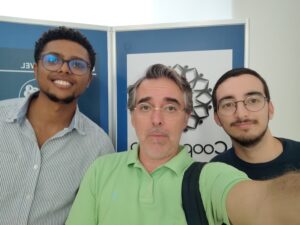
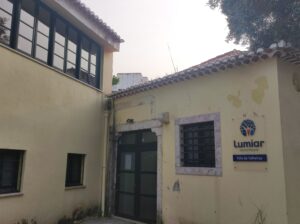
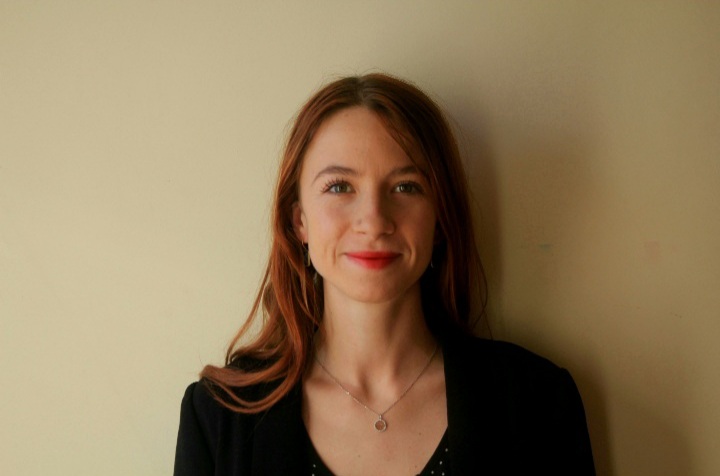
Work Package 5
Claire Felix
ICSUL (PT) -> GSH (GR); JUNE 2023
Read more...
The secondment took place in Athens and was organized into two tasks. Firstly, I identified the legislative framework for renewable energies in Greece and how they impact energy communities. Secondly, I presented a case study on an Energy Community. In this case, I met with a representative of the community Hyperion, which focuses on including individuals and groups in renewable energy transition. Hyperion currently works on creating a solar park outside of Athens.
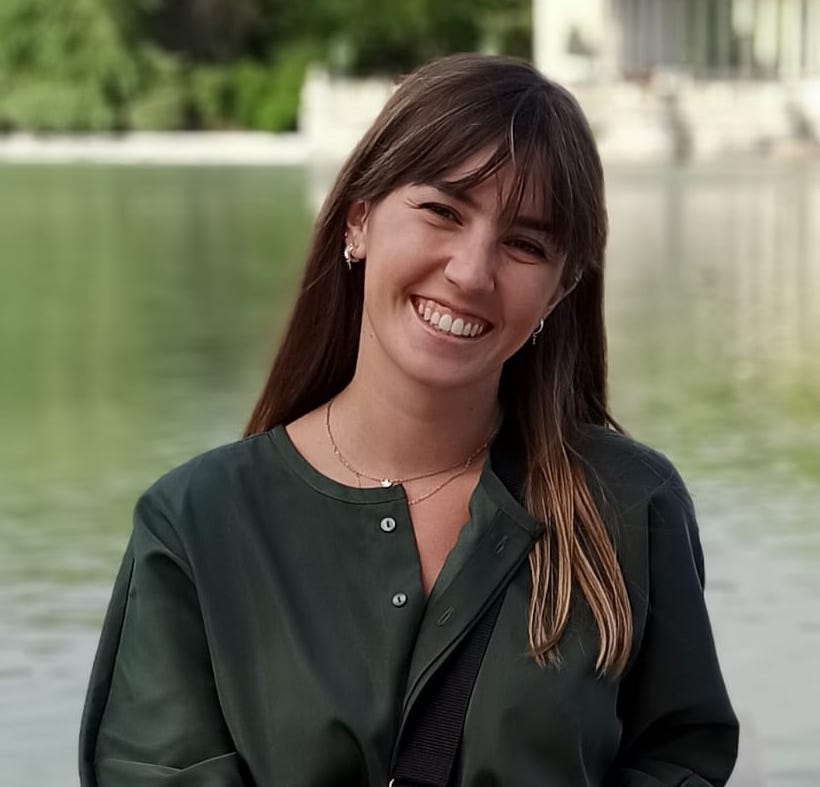
Work Package 2
Ainhoa Maruri
USE (SP) -> HABITECH (IT); FROM JUNE 2023 TO JULY 2023
Read more...
During the secondment, I has carried out the activities that were previously agreed to develop, during the months of April and May in virtual meetings with Eva Loukogeorgaki, the WP4: SPATIAL PLANNING AND ANALYSIS coordinator. The aim of the secondment was to observe the possibility of installing offshore wind farms on the shore of Italy.
Once I arrived in Trento, I began to read bibliographic references on the subject and to collect the necessary data to develop the cartography in QGIS (Geographic Information System). From the bibliography, I knew that needed to find the following data: bathymetry, wind speed, the Exclusive Economic Zone of Italy, the protected areas, the underwater cables, the ports’ situation and the points of the high voltage grid. Some of the data was in WMS format, which did not allow it to be handled, and she ended up having to manually transfer it to an editable layer (.shp), but overall, the information was quite accessible. When I had all the data in the QGIS project, I established the exclusion criteria for the opportunity areas to establish offshore wind farms, also taken from the references.
Accompanying this entire process, I has been creating a document in which I explain all the steps I followed until the final result.
Throughout the secondment I have also had the opportunity to visit the Region of Trentino and visit both Habitech and the University of Trento. In the University, the professor Antonio Fratelli gave me a masterclass on his work during his lifetime. On the weekends, I had opportunity to visit some of the northern cities of Italy, such as Verona, Vicenza, Bologna, Firenze and Sirmione.
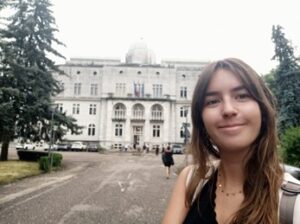
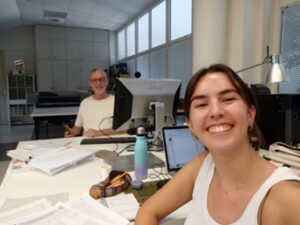
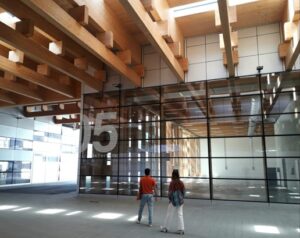

Work Package 4
Read more...
During my stay at GSH I continued my visual impact assessment study of the wind turbine project on the island of Paros. This time the aim was to implement a new methodology to analyse the visual impact, taking into account not only whether or not the installation can be seen from the surrounding territory, but also at what distance it can be seen and whether the wind turbine can be seen in its entirety or only in part. Understanding that the impact is very different depending on these factors, a review of existing methodologies was carried out and then the concept of Angular Distance (AD) was applied.
This has allowed us to select the proposed turbine locations that would have the least visual impact on the island of Paros in general and on its urban centres in particular.
The work carried out during my stay has resulted in a scientific paper that we intend to present shortly.
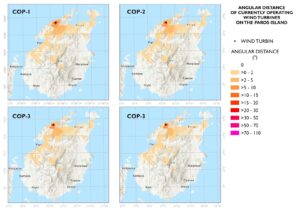
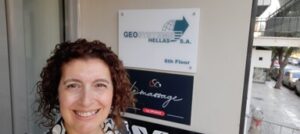
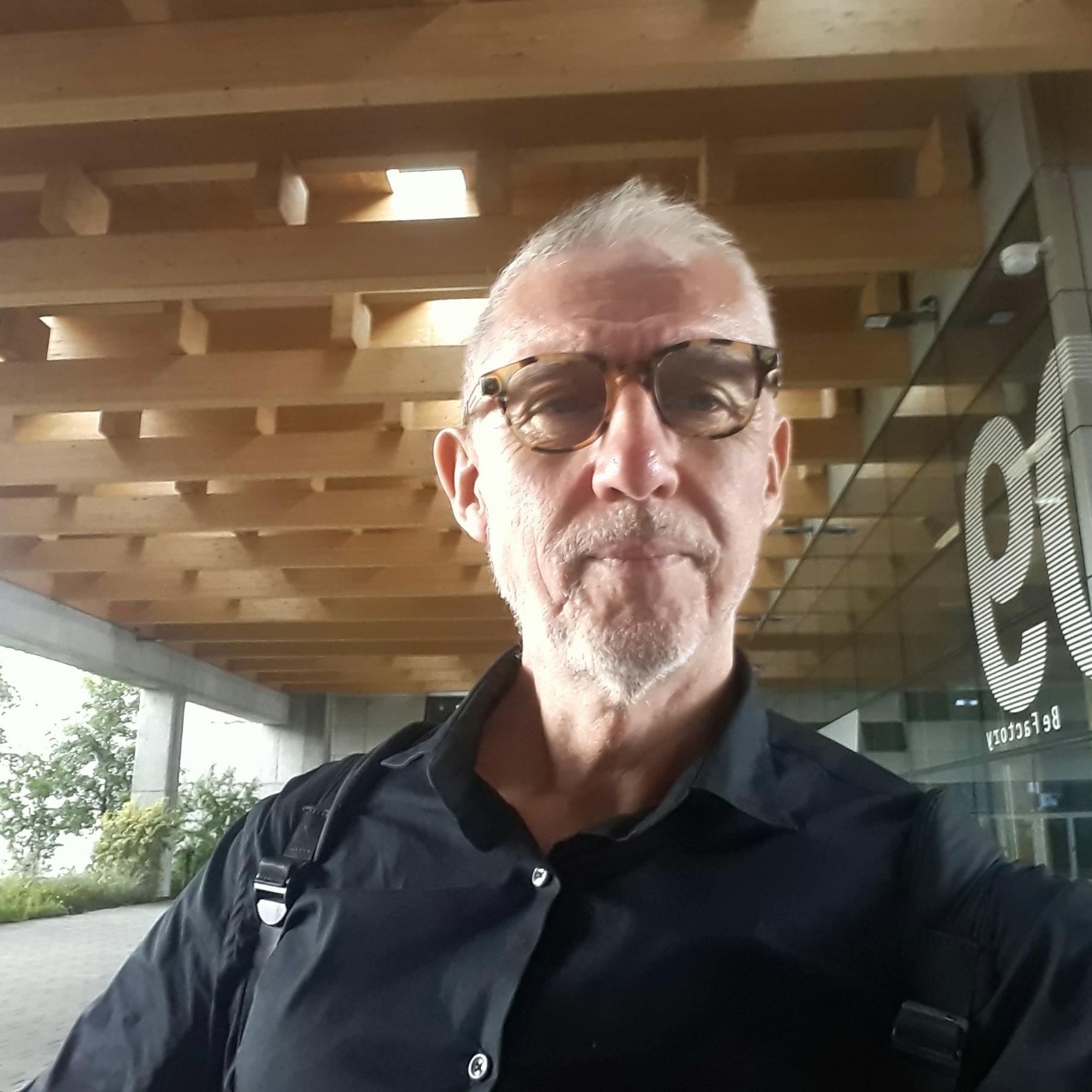
Work Package 4
Gerardo Saelzer
Read more...
During my secondment in HABITECH I had a certification program ARCA -web sites, site visitis, power points presentations, questionnaires to guide person to person conversations, and mails- to provide empirical evidence to the proposal. Also I was working with bibliography and project selections at the University of Trento within ARCA scientific Comitee at the Deparment of Engineering & Enviromental Studies. The structure and draft for the paper proporsal Comparative Analysis in the Field of Renewable Energy Landscapes decision making.
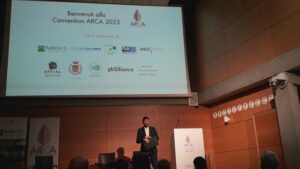
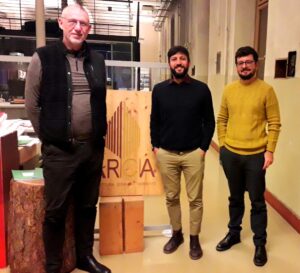
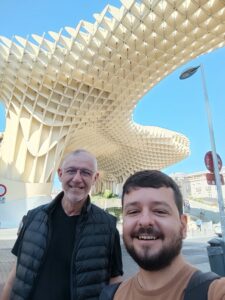
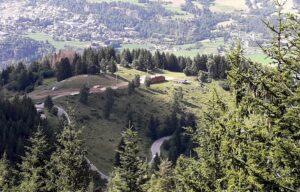

SEPTEMBER 2023
Work Package 5
Ricardo Iglesias
UPO (SP) -> COOPERNICO (PT)
Read more...
In general, it has been observed that it is very difficult for energy communities in Portugal to be legally constituted as an entity. This means that they are not really energy communities, but rather self-consumption associations. Administrative difficulties have slowed down their development. In general, this hinders their independence in the management of energy to the benefit of the big companies.
On the other hand, there is a low degree of local participation and involvement in the management of the communities.
Finally, in this secondment we have reinforced the perception of how local participation is held back by the reluctance of the expert actors who are in the process of setting up the energy community to leave its management in the hands of the neighbours.
As already mentioned in the previous secondment the research tasks and objectives developed in this secondment give continuity and reinforce a research line that, after the end of PEARLS, will be proposed in a National Plan project already underway (STEP). In the same way, the participation in the ICS seminar and the Southern European Sociology conference will result in two papers on local governance and energy poverty in energy communities in rural areas and vulnerable neighbourhoods of big cities.
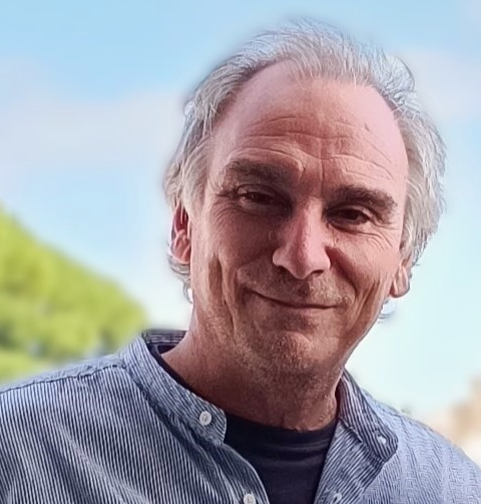
Work Package 4
Jesús Felicidades
UHU (SP) -> ENERCOUTIM (PT); FROM SEPTEMBER 2023
Read more...
The work developed during the two-month secondment (PEARLS WP4) at Enercoutim (Solar Energy Association of Alcoutim), Lisbon (Portugal), in a context of generation of “the new landscapes of renewable energies”, has had as general objective to establish a harmonisation model of the spatial databases of land use and land cover available in Portugal and Spain, in order to assess the changes in the SW cross-border area of the Iberian Peninsula, applying the LEAC (Land and Ecosystem Accounts) methodology (EEA, 2005, 2006). Land accounting would be carried out on the basis of data provided by European (Copernicus – CLMS) and national (SMOS-COS, PT; SIOSE, ES) change monitoring programmes.
The spatial scope of the study is located in the Spanish-Portuguese Baixo/Baixo Guadiana, and has a cross-border character, between the plains of the Baixo Alentejo and the Algarve, incorporating the landscape units of the Guadiana valley, the Serra do Caldeirão and the western Andévalo. It corresponds specifically to four Portuguese municipalities (Mértola, Alcoutim, Tavira and Castro Marim) and some more Spanish ones (Puebla de Guzmán, El Almendro, El Granado, Sanlúcar de Guadiana, S. Silvestre, Ayamonte, Villablanca, among others).
The spatial context coincides with the results of the PEARLS work by Spyridonidou et al. (2022), to which it is linked, and in which, as a result of the combination of GIS and various multi-criteria decision methods, the optimal areas for the location of photovoltaic energy projects have been established. These new renewable energy landscapes have been developed very recently. In the case of PV, they have basically been implemented since 2020, with a strong presence in the Portuguese sector (Alcoutim), while in the Spanish sector wind farms of different sizes have dominated the landscape since the early 2000s.
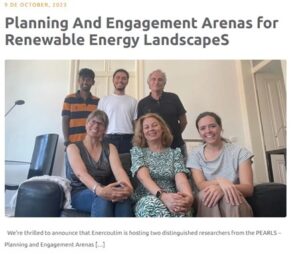
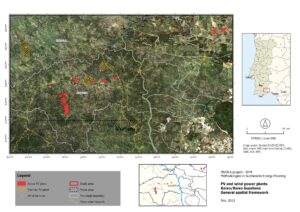
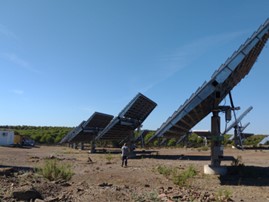

Work Package 5
Irina Sousa
COOPERNICO (PT) -> AUTH (GR); FROM OCTOBER 2023 TO NOVEMBER 2023
Read more...
During my secondment I took part in producing PEARLS booklet #3 focusing on the project results and what’s left to be done. During the first days, I had to read all the information regarding the project, including reports and deliverables, in order to produce the most relevant information. As soon as an index and structure was layed out, I started working on compiling and summarizing the information which resulted in a first draft well received by the team. In meetings with Eva Loukogeorgaki at the Aristotle University of Thessaloniki, we discussed the results achieved and further steps that will be mentioned in the booklet.
Throughout the secondment I also had the opportunity to explore the city of Thessaloniki and learn more about the local culture.
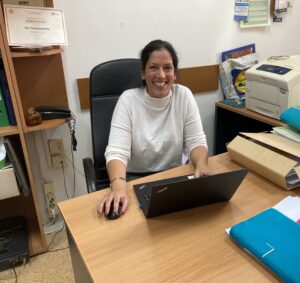
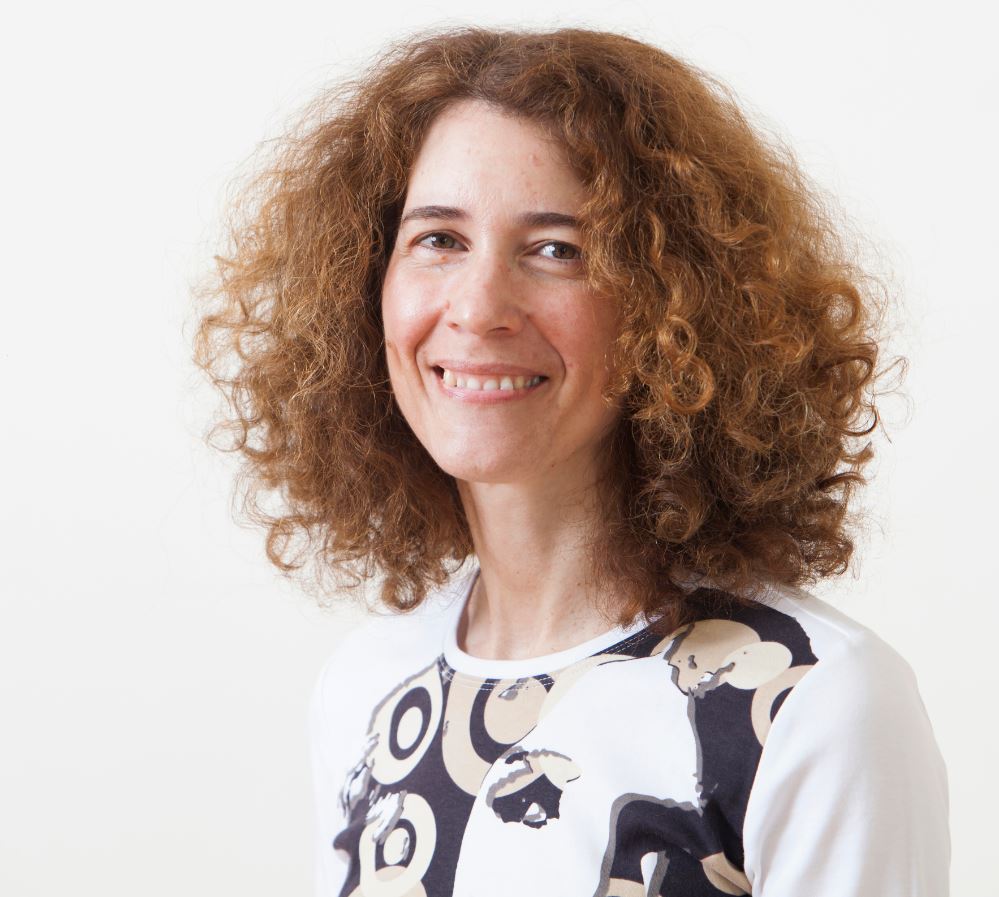
Work Package 3
Ana Horta
ICSUL (PT) -> HABITECH (IT);FROM NOVEMBER 2023
Read more...
During this secondment in Rovereto I had the opportunity to do research on energy communities in Italy. The fact of being physically present in the country allowed me to achieve a deeper understanding of the collective dynamics that underlie the constitution and functioning of these communities and that also have expression in other aspects of the Italian society, particularly in this region. My host institution was Habitech, from which I learned a lot about sustainability in buildings. This secondment was thus a valuable experience.
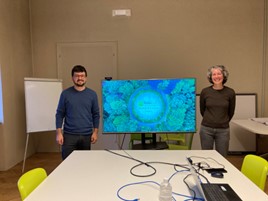
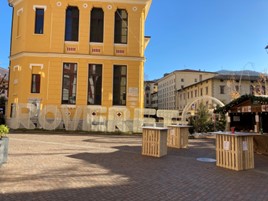

Work Package 2
Gerardo Saelzer
USE (SP) -> HABITECH (IT); NOVEMBER 2023
USE (SP) -> HABITECH (IT); FROM JUNE 2023 TO JULY 2023
Read more...
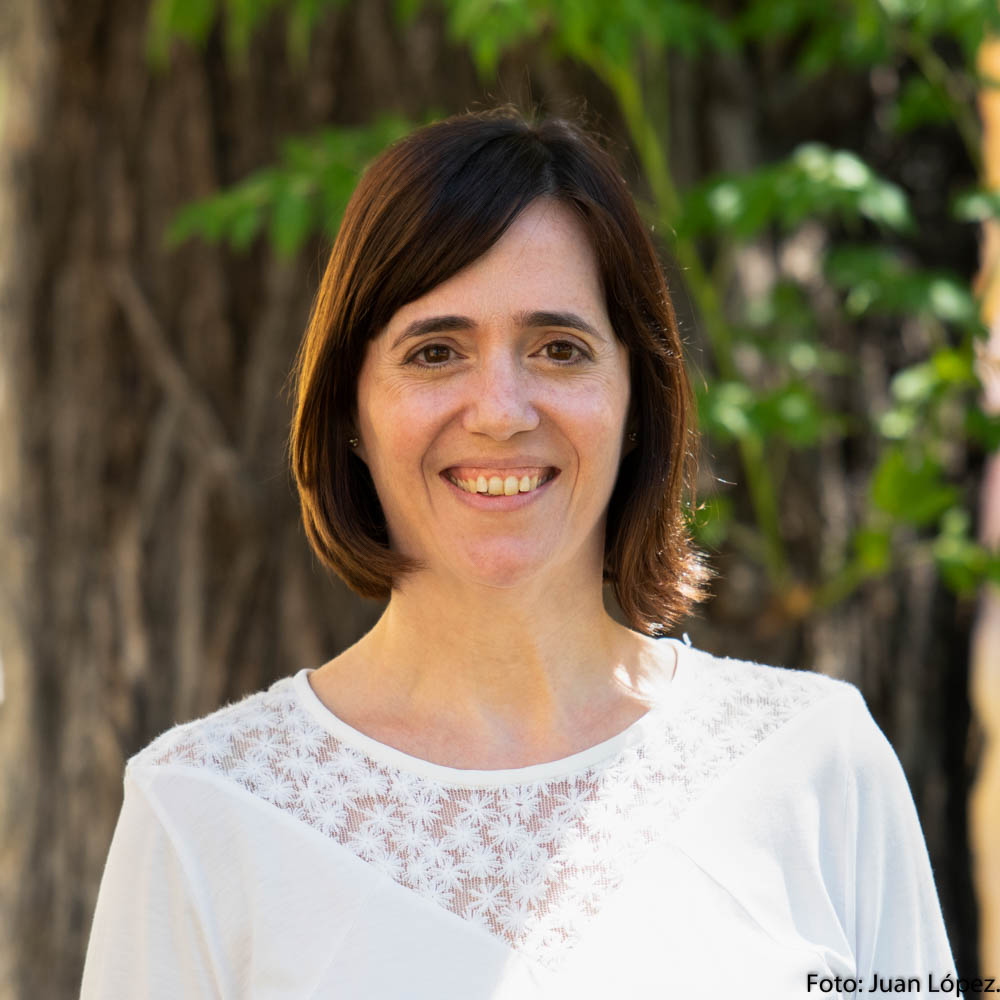
Work Package 6
Almudena Arrabal
USE (SP) -> ENERCOUTIM (PT); FROM APRIL 2023
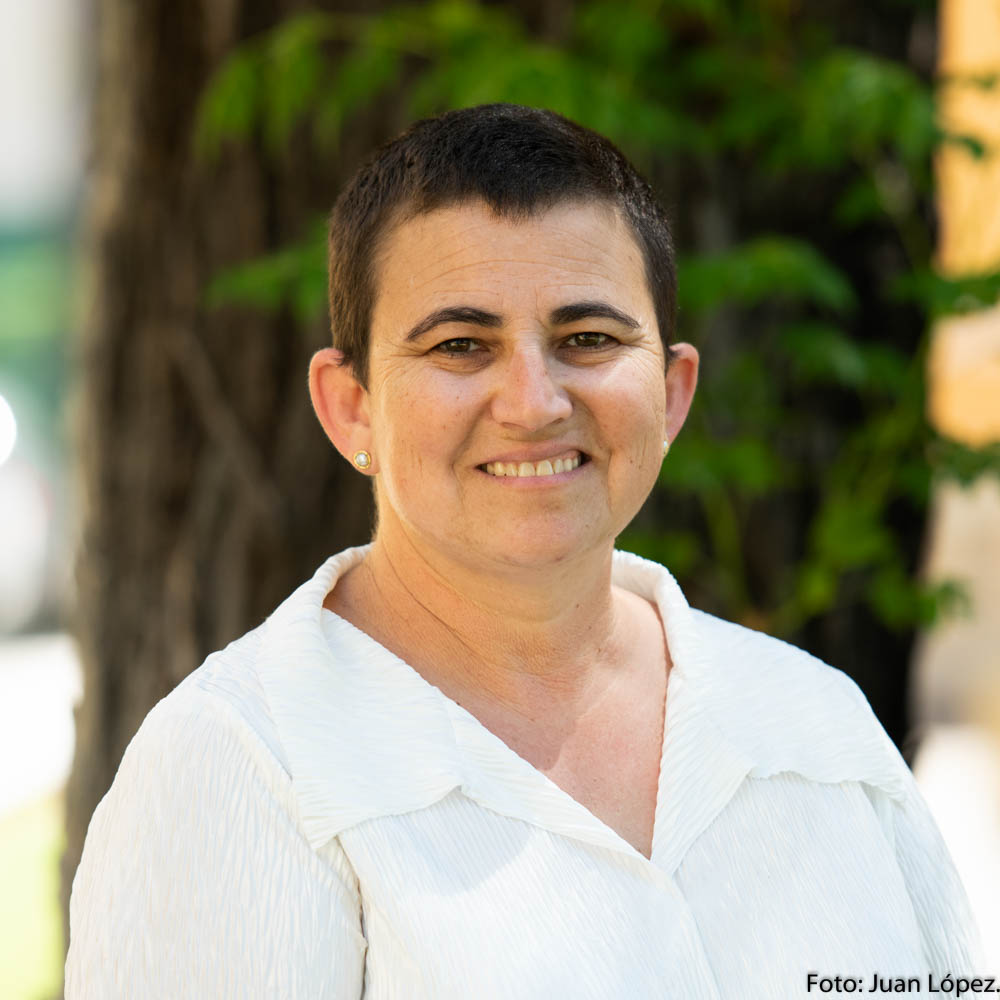
FROM OCTOBER 2023
Work Package 2
Hagit Ulanovsky
SP INTERFACE (ISR)-> USE (SP); FROM OCTOBER 2023
e-mail: eusoclab@us.es
Address: Avda. Ciudad Jardin, 20/22, 1ª pta. 41005 Sevilla (España)
______________________________________________________________________________
Funded by: Marie Sklodowska Curie Actions. H2020 Research Innovation Staff Exchange (RISE)
Project Number: 778039 - PEARLS

